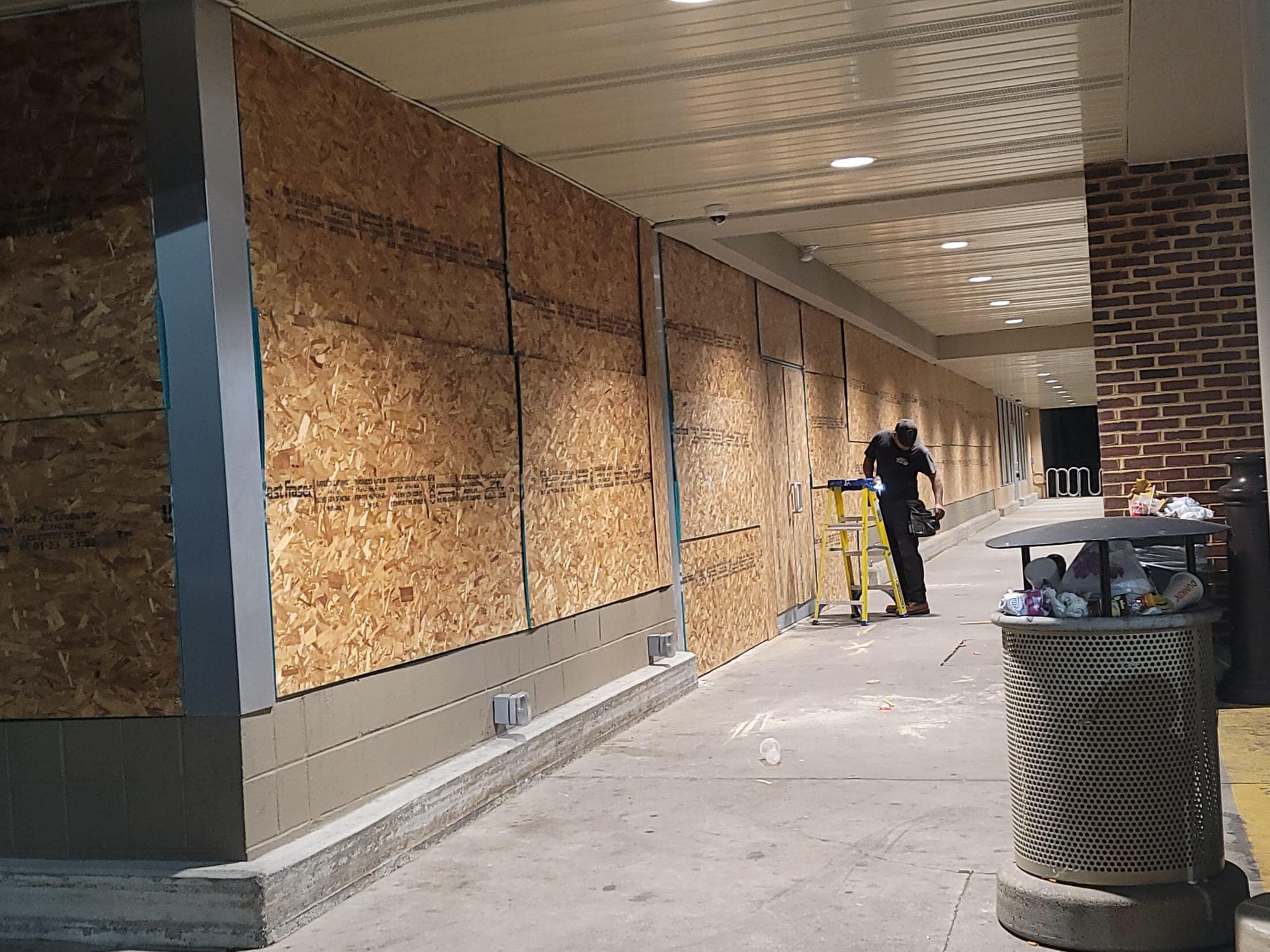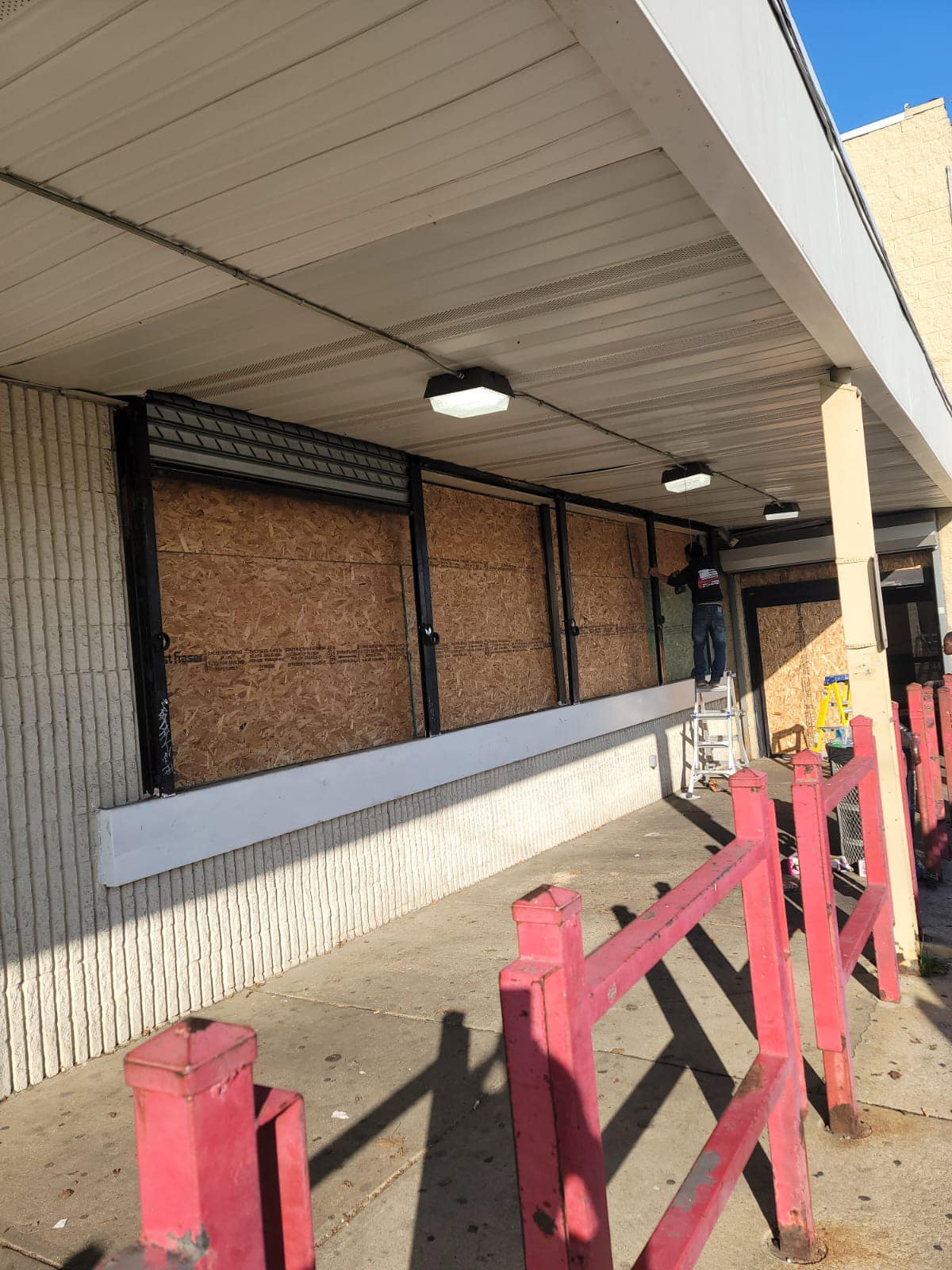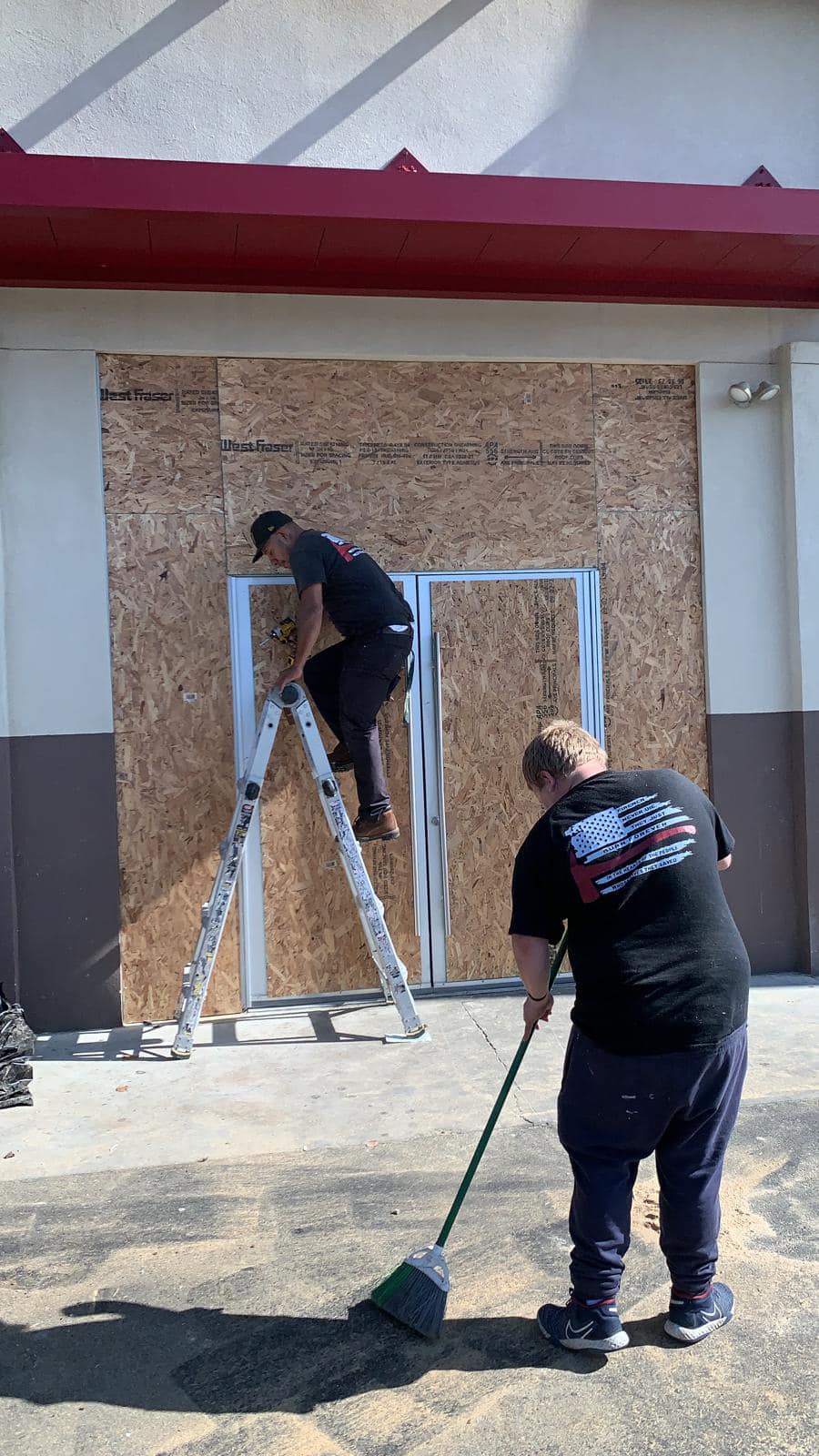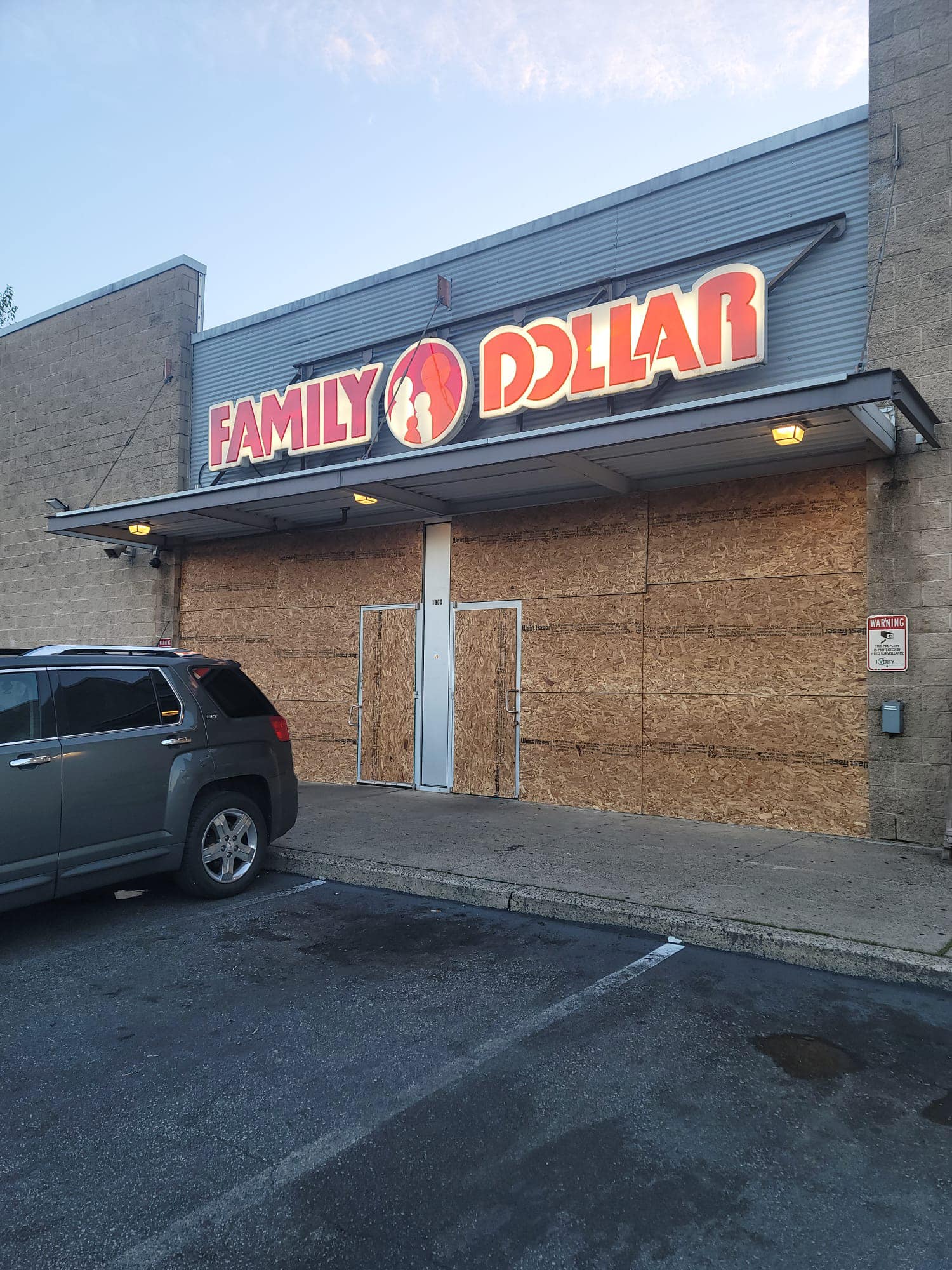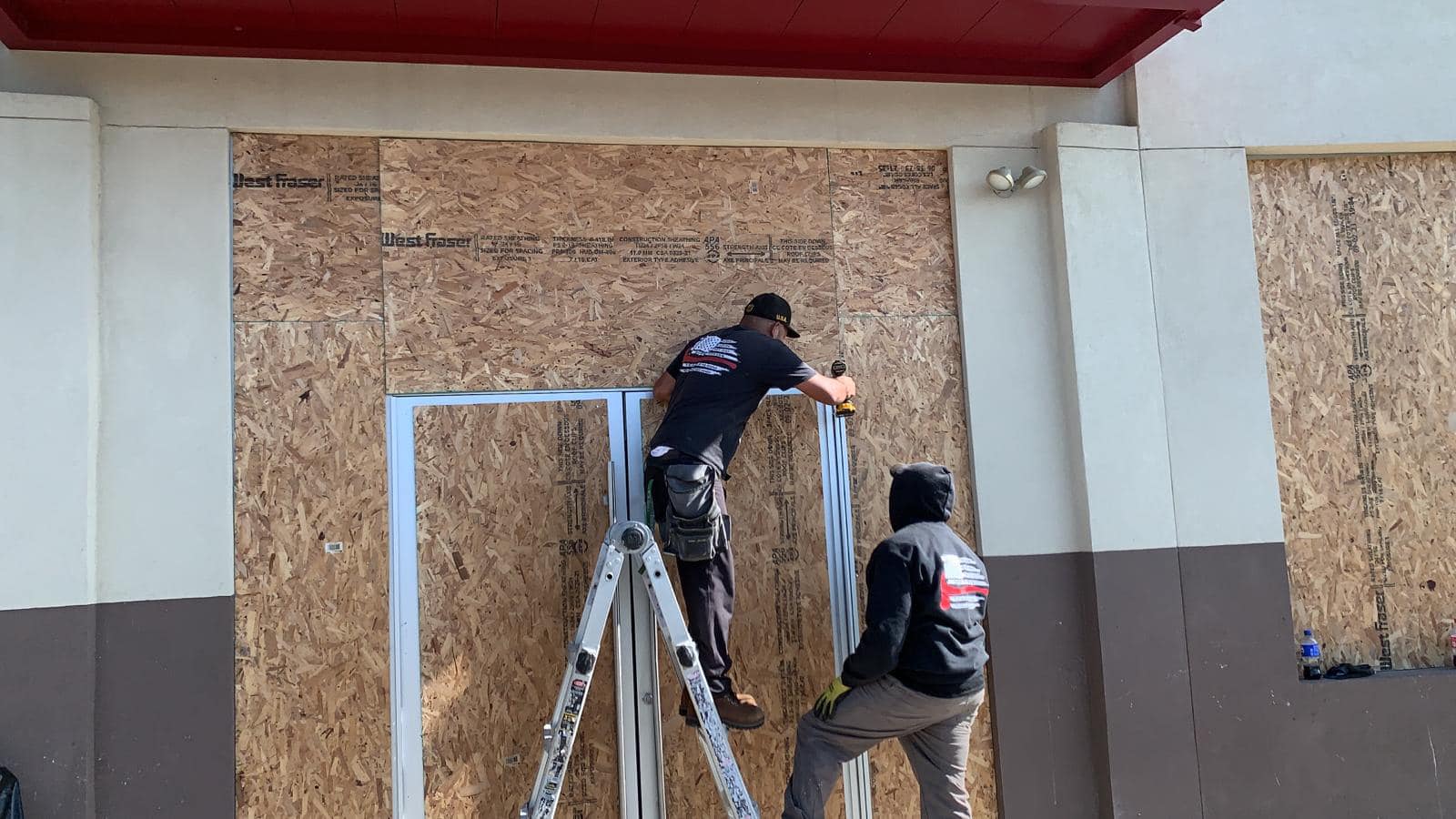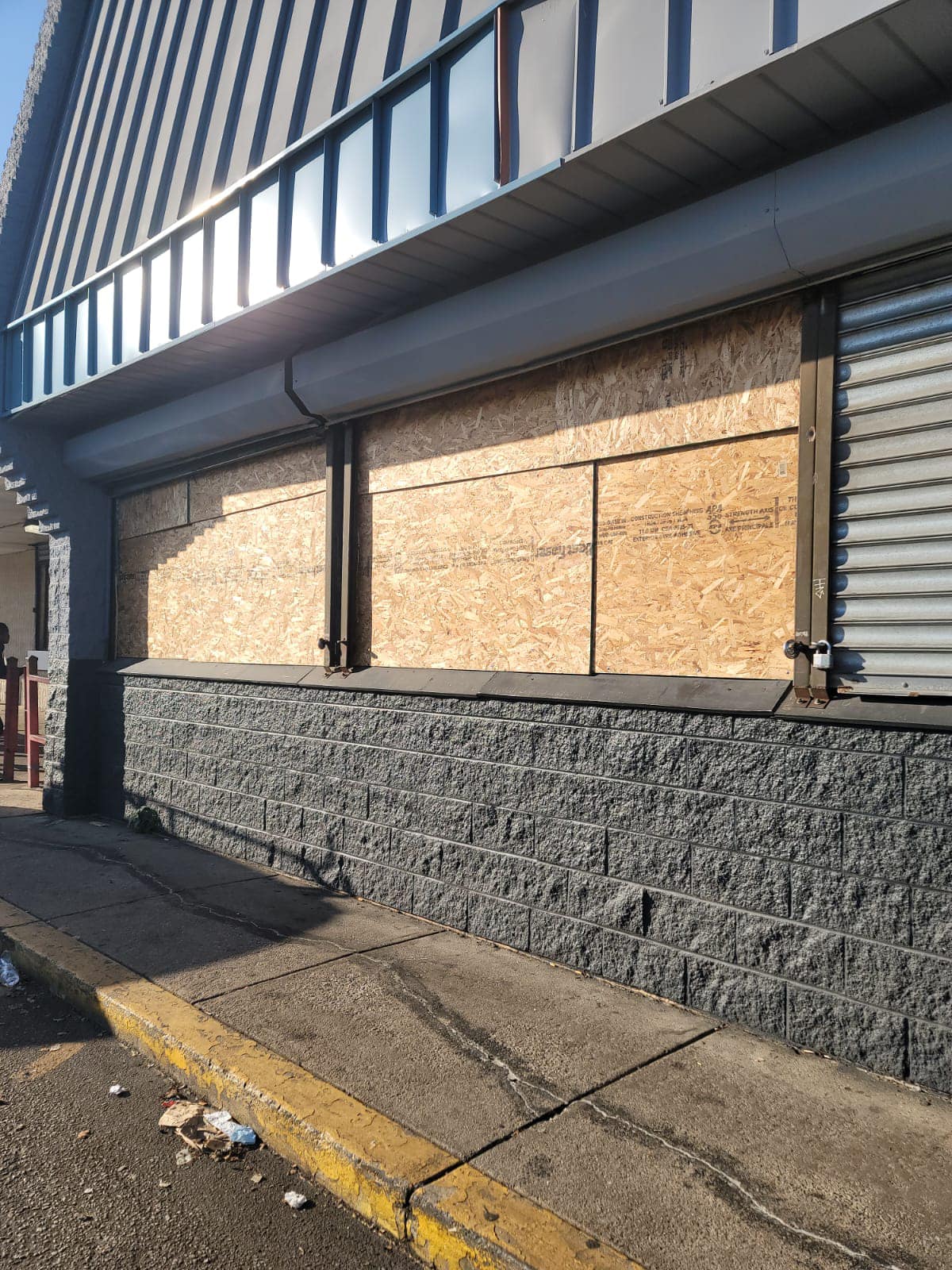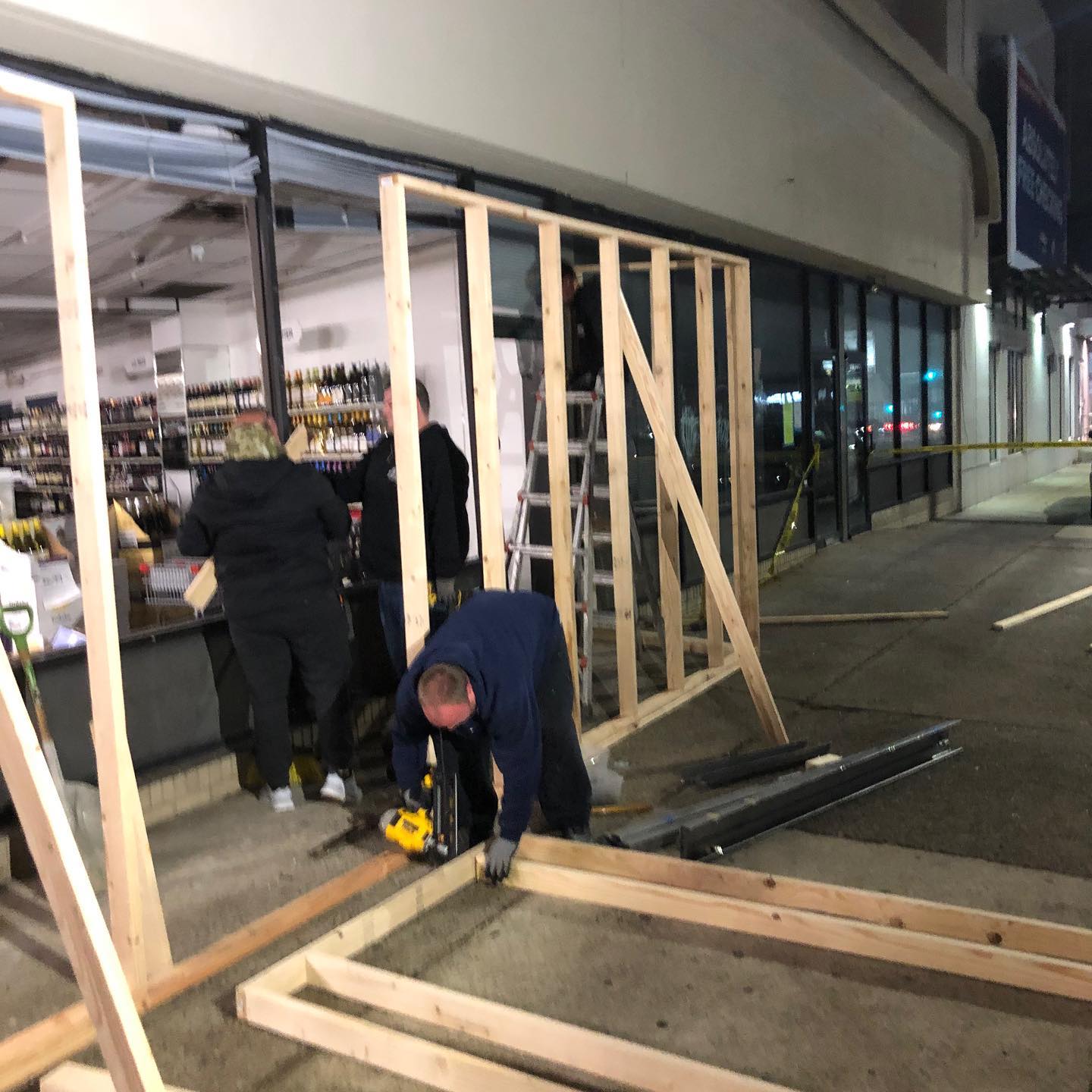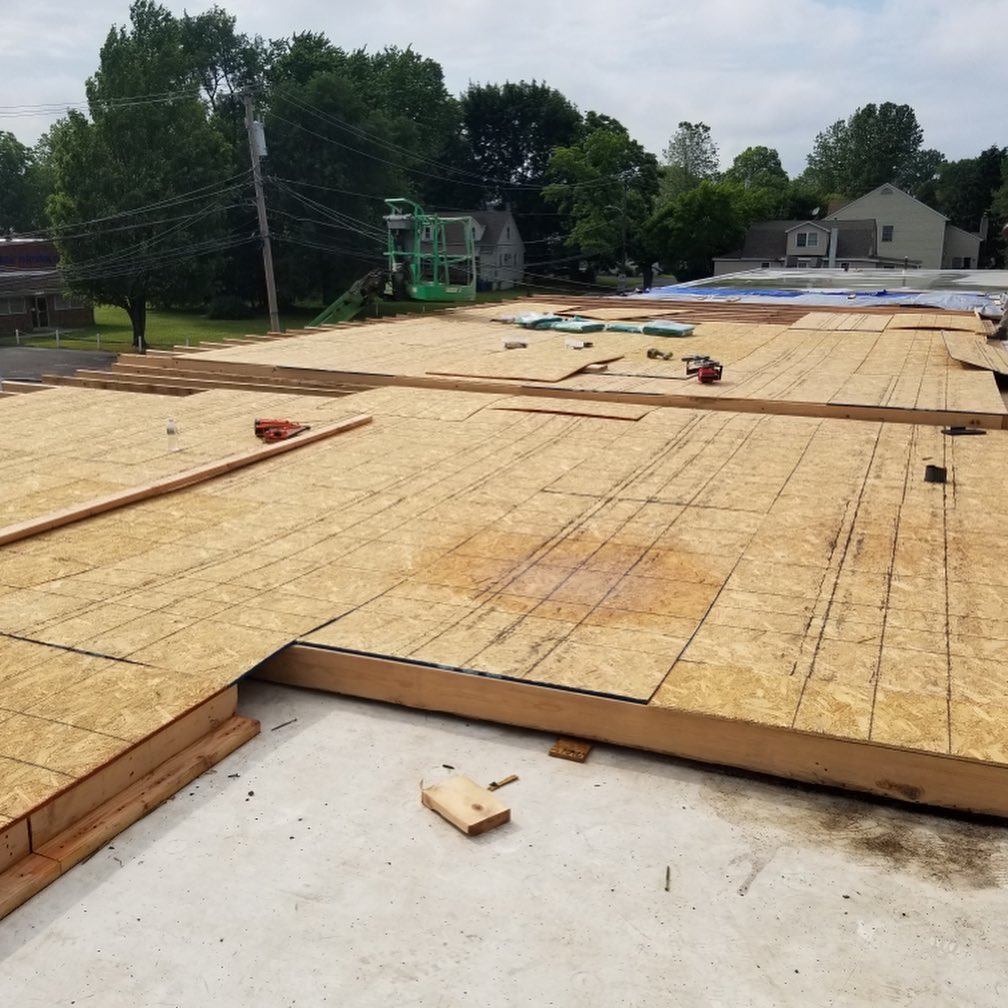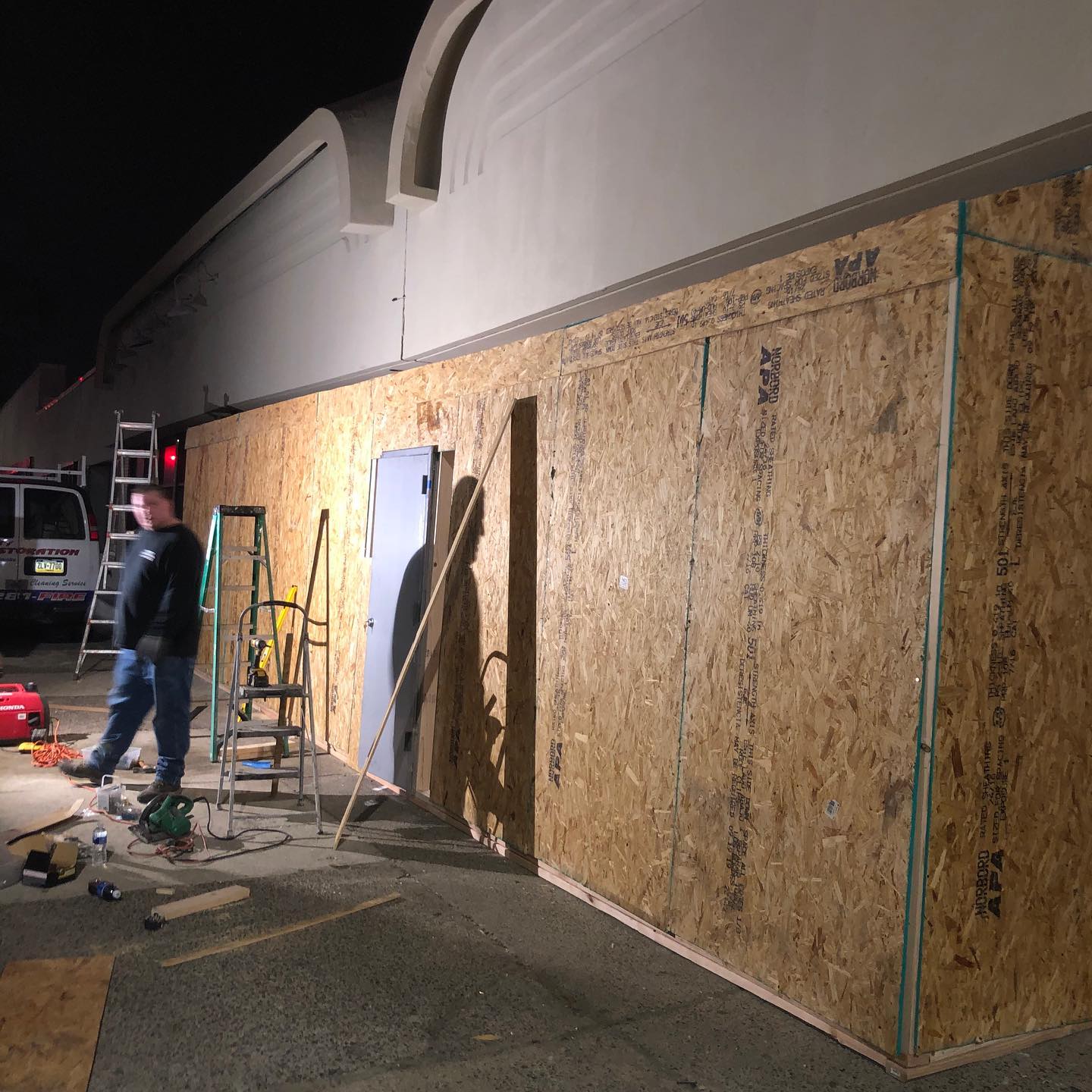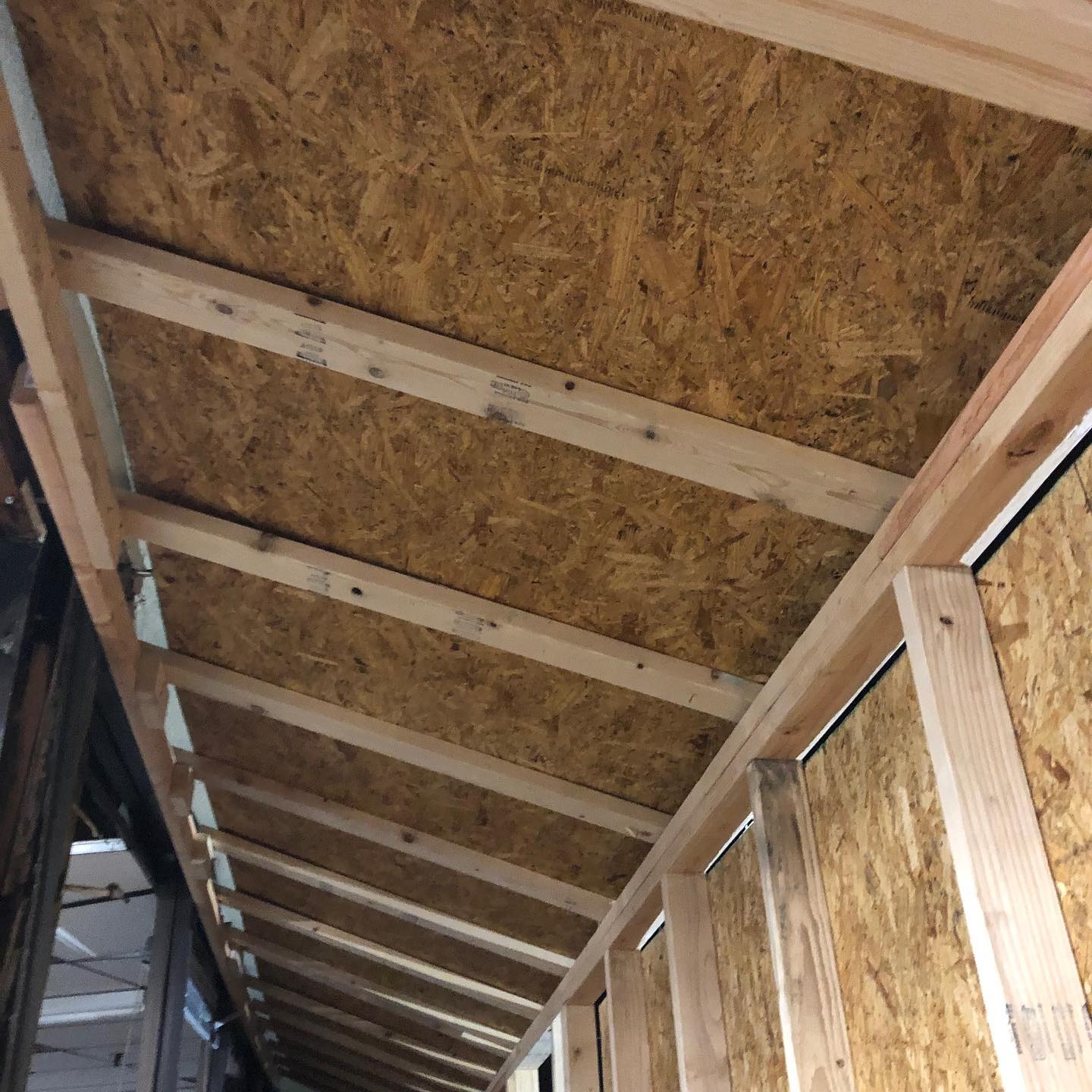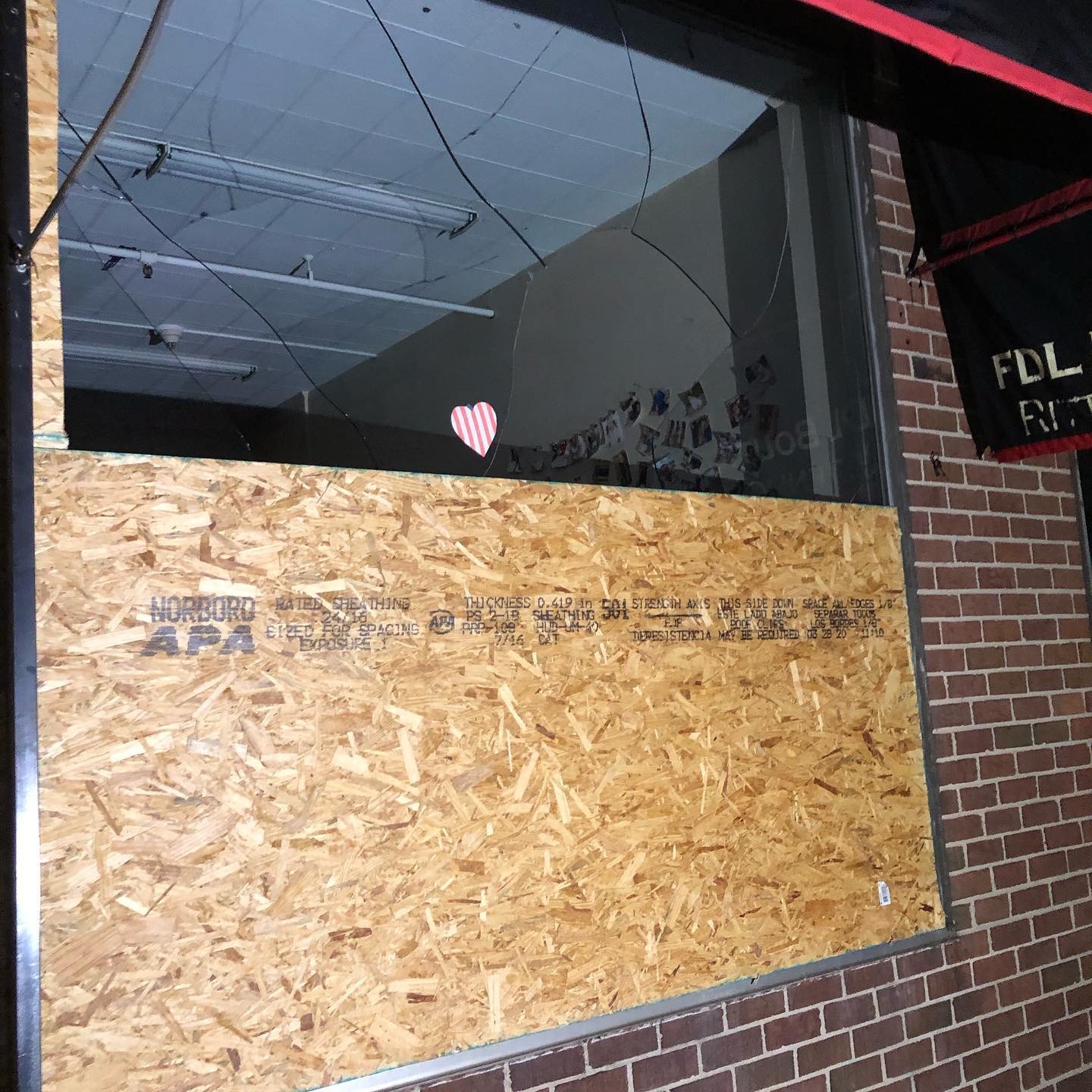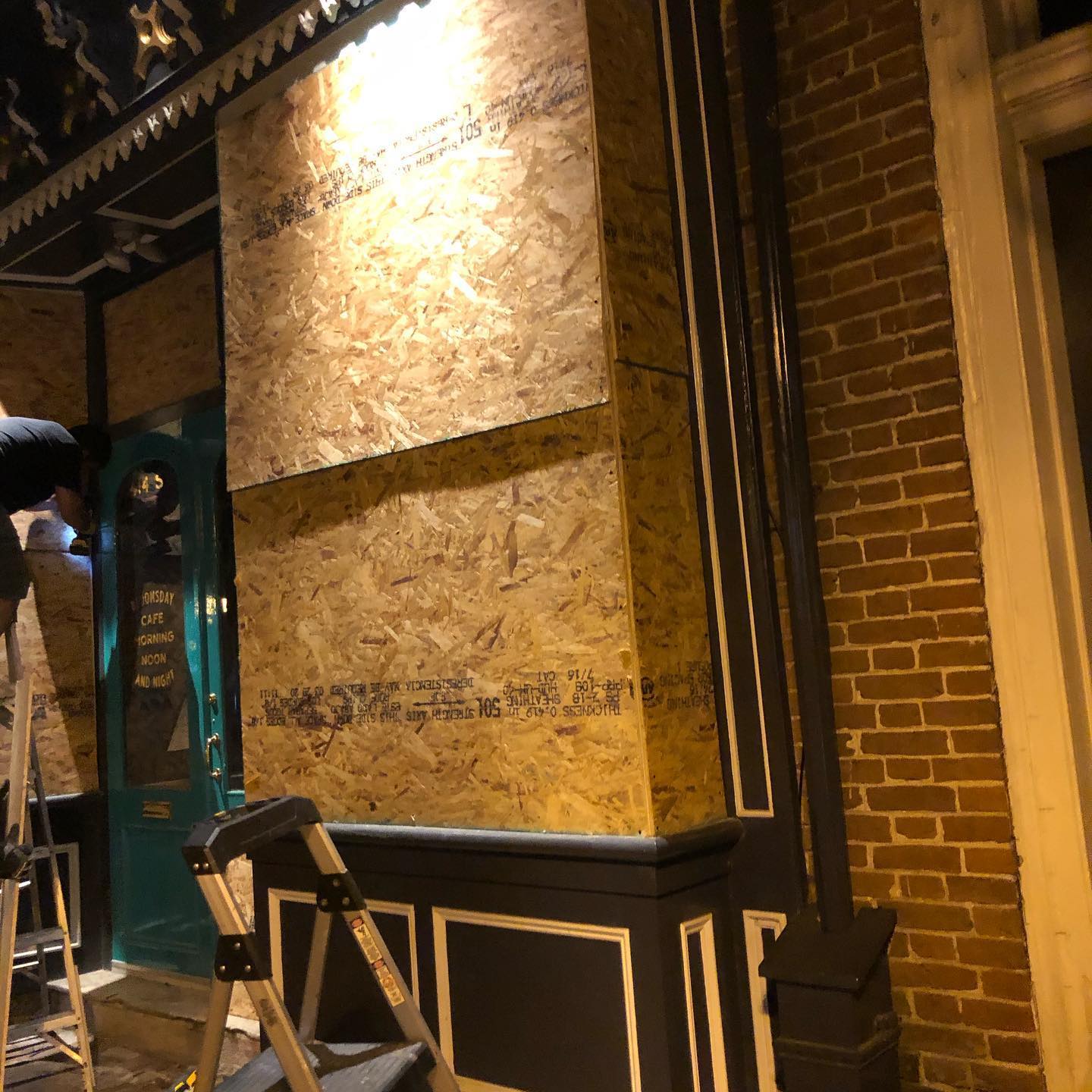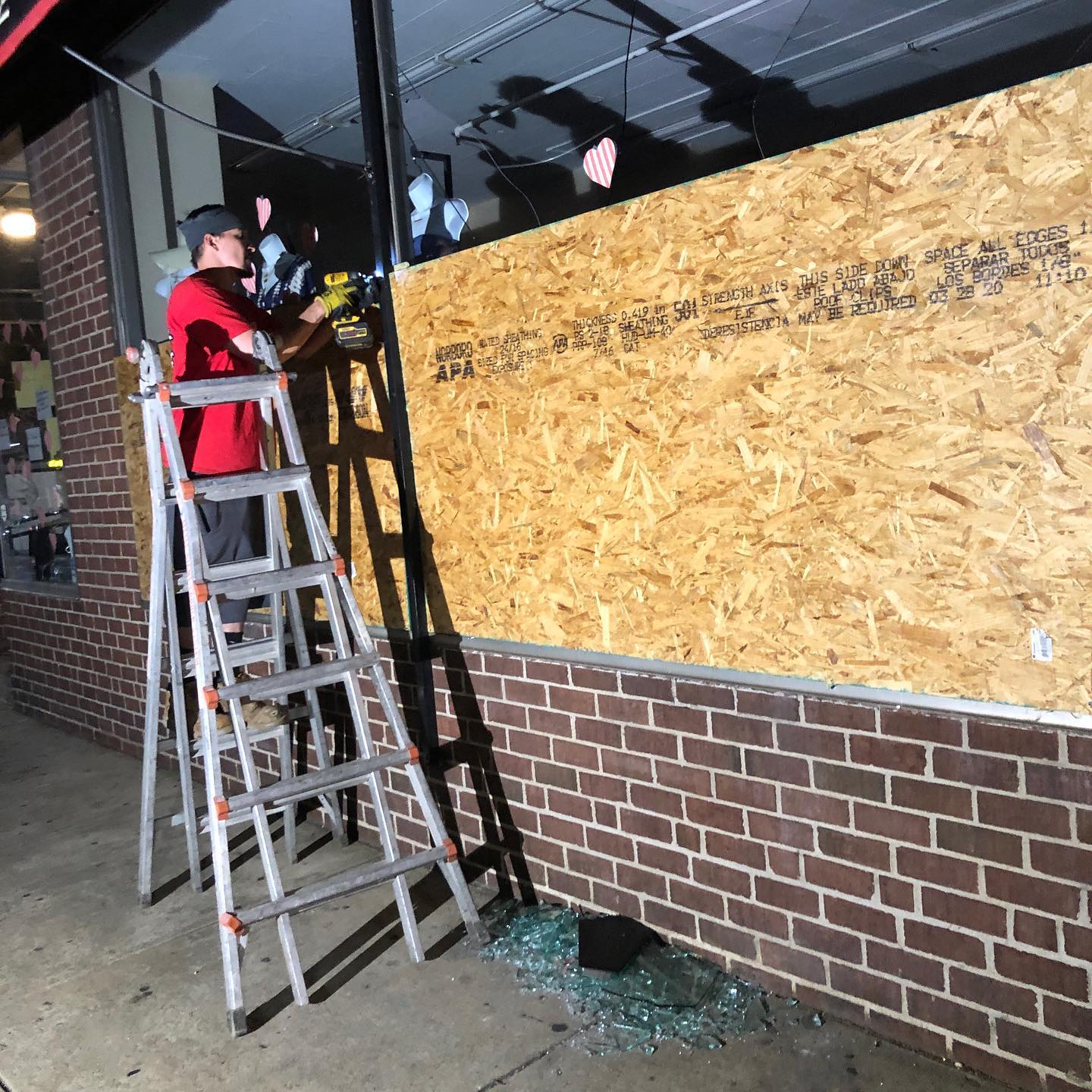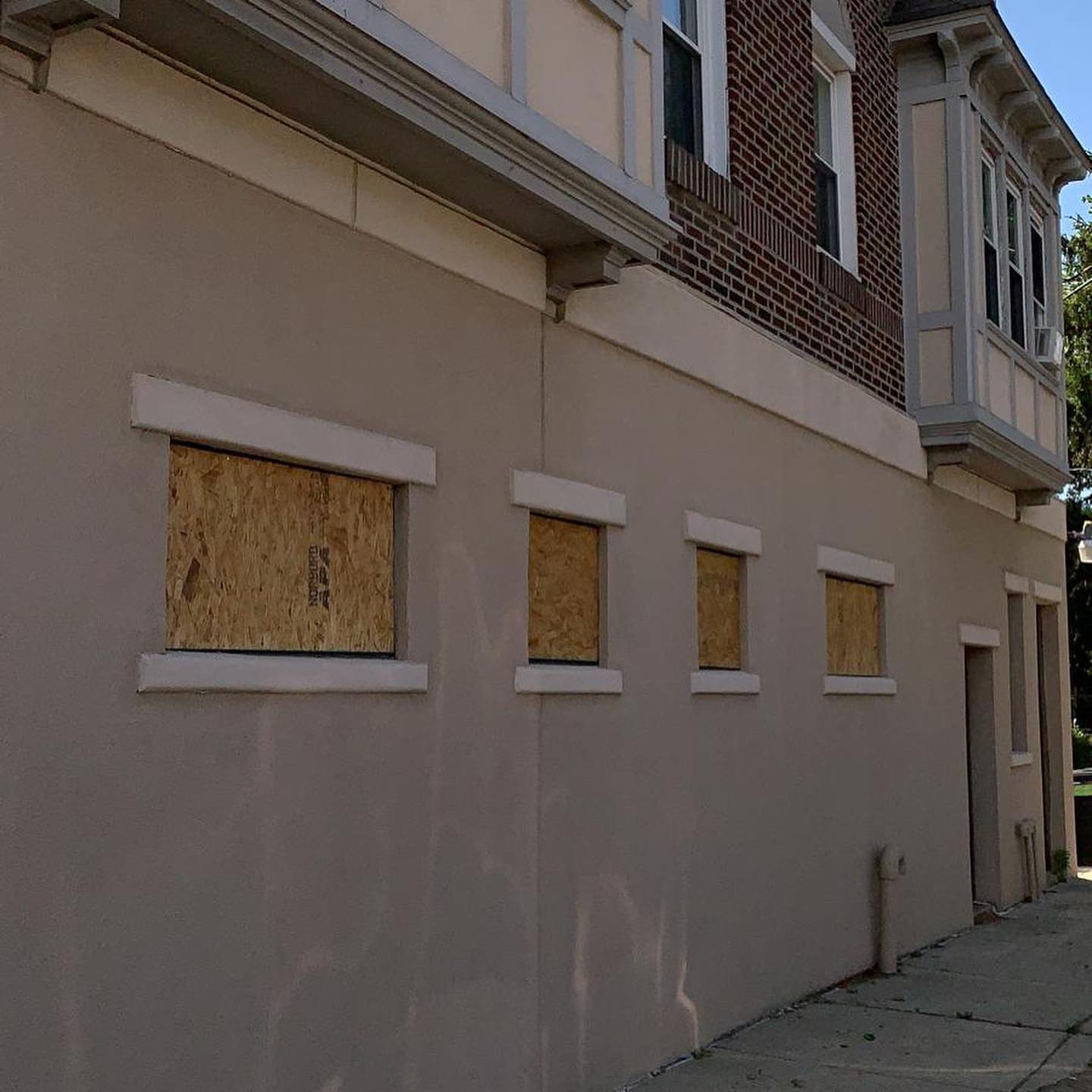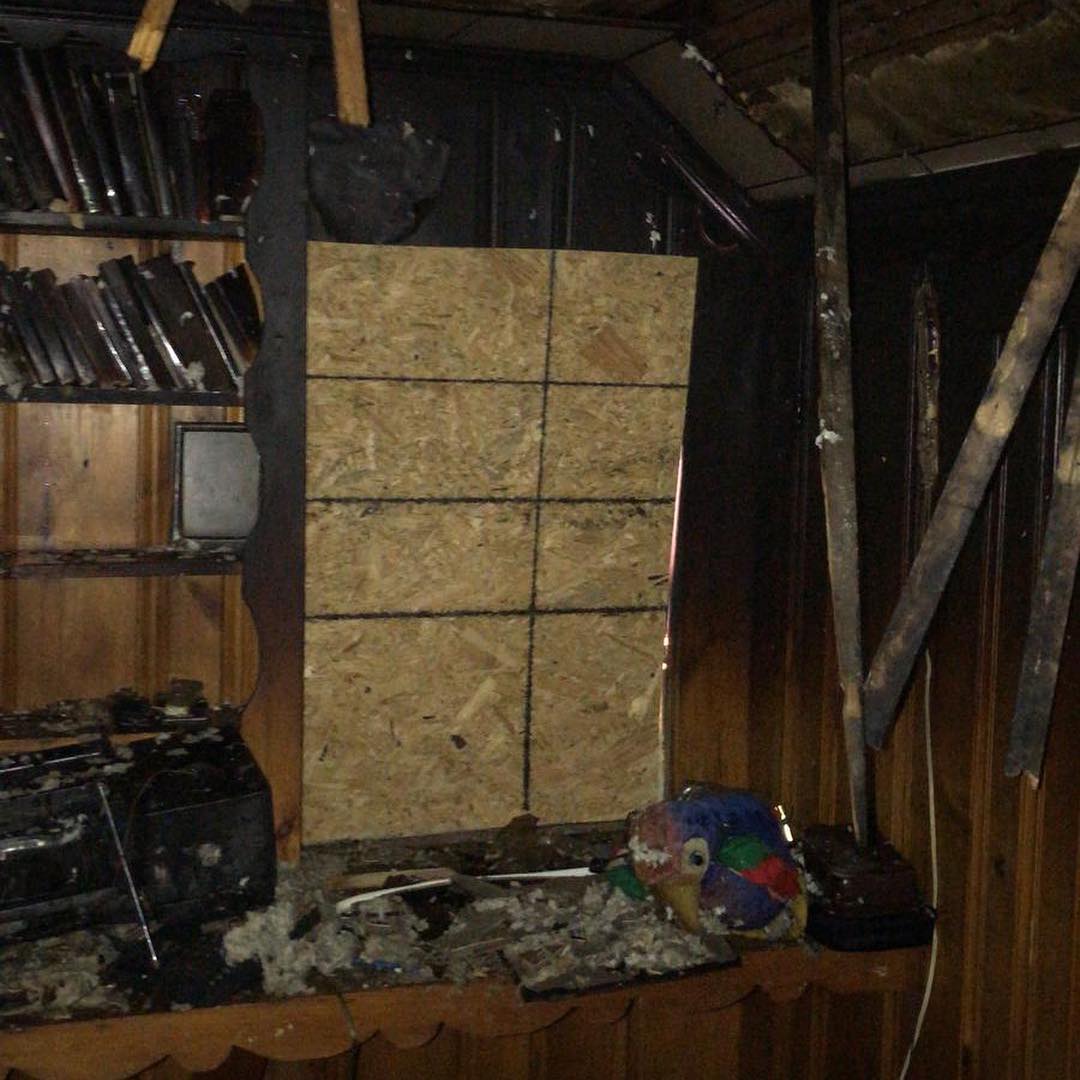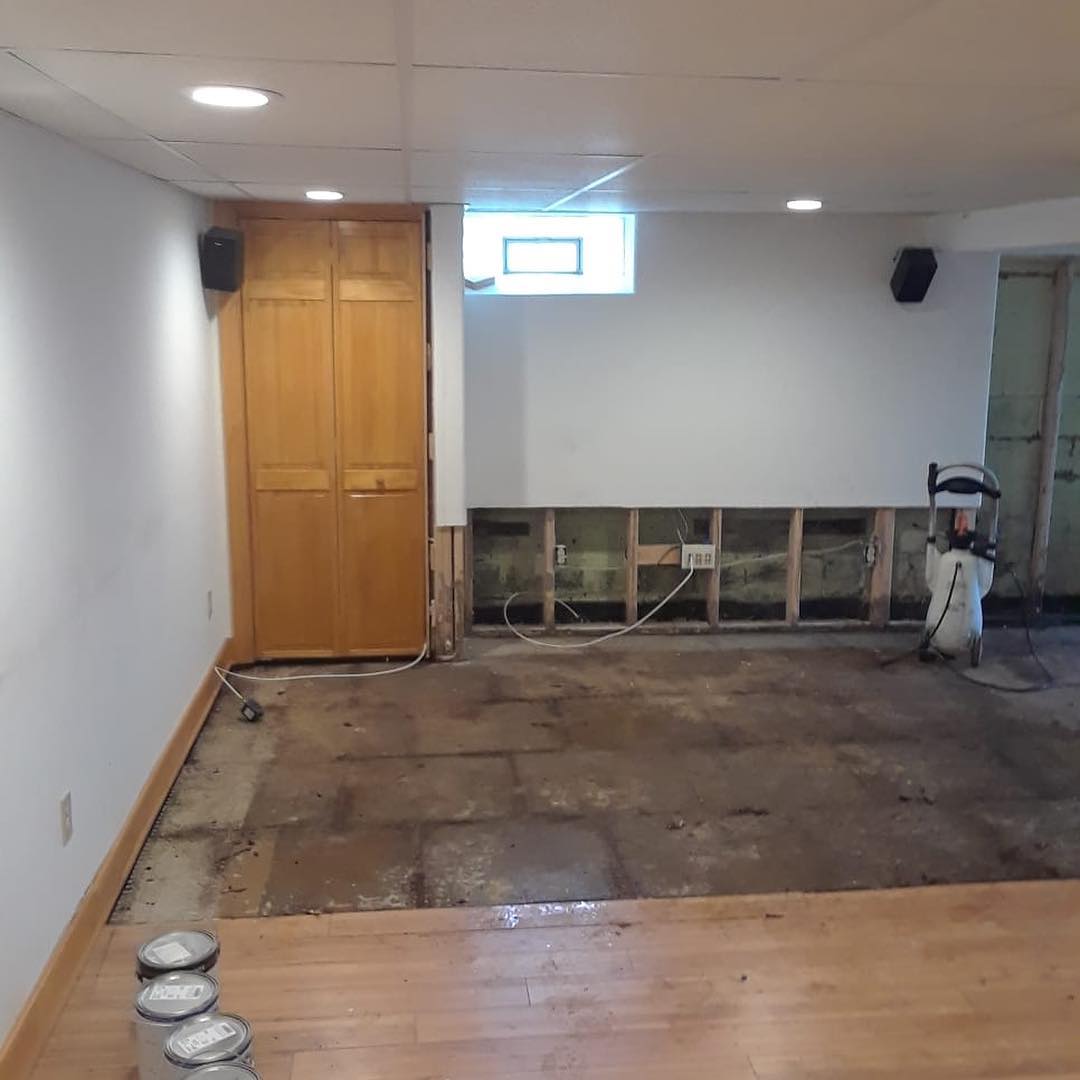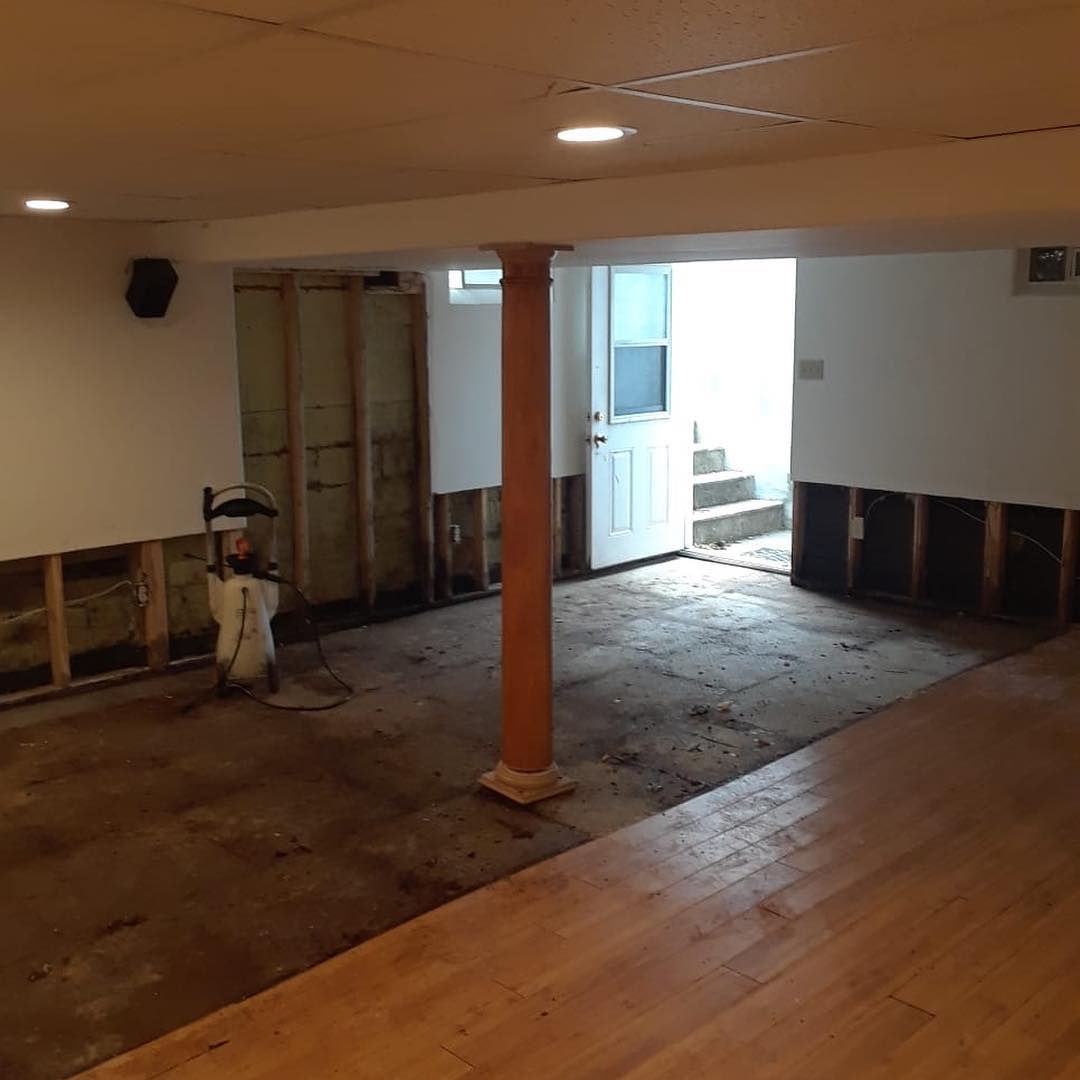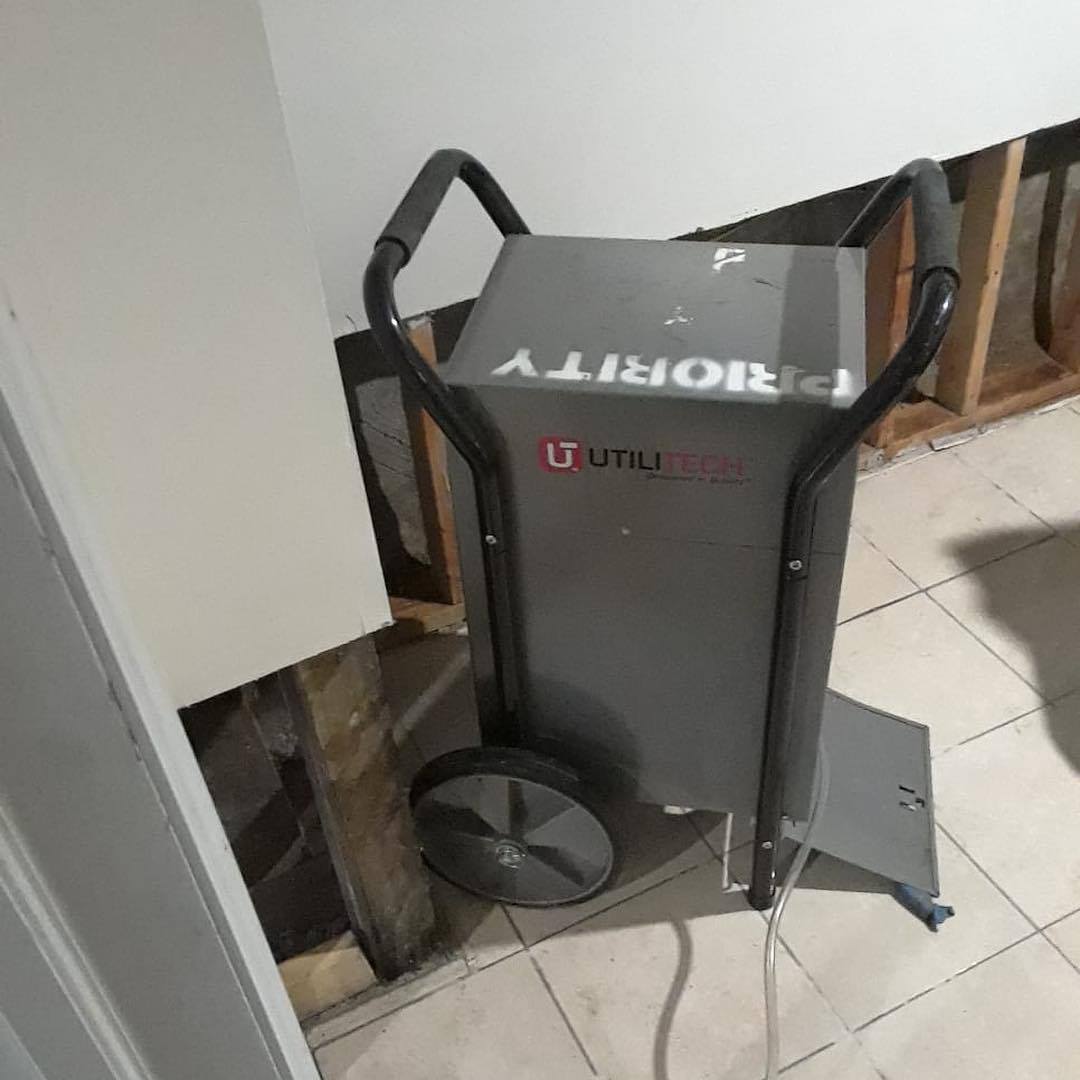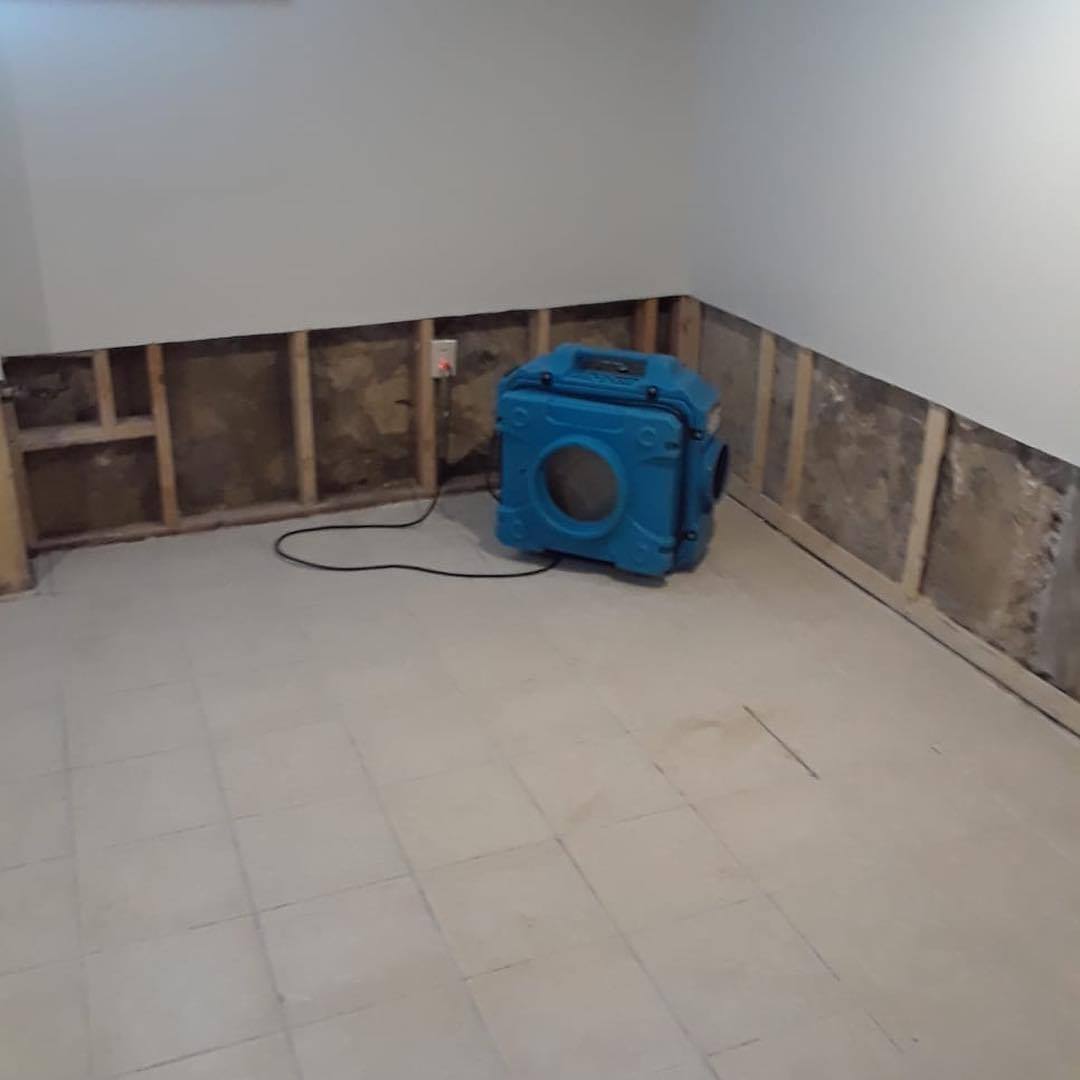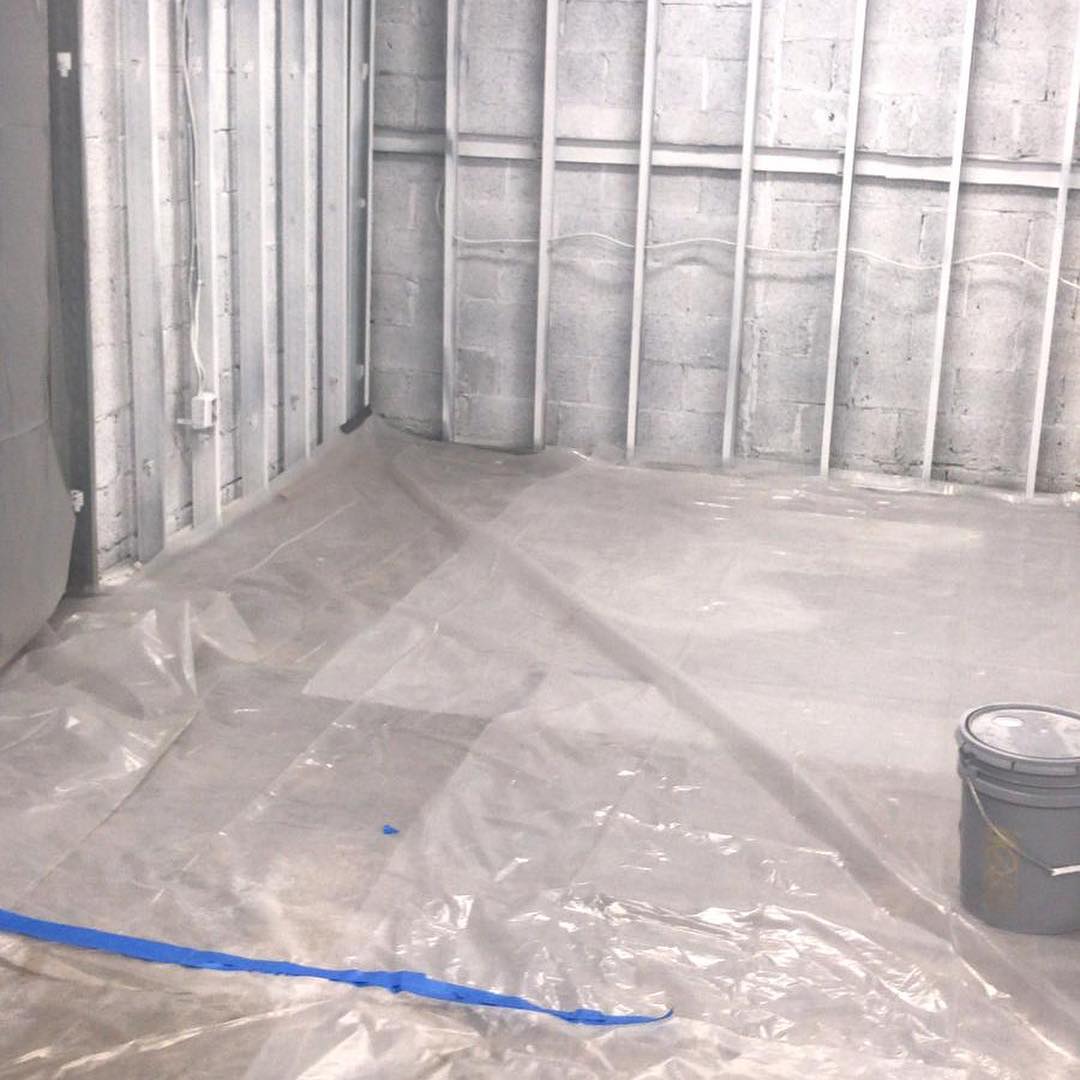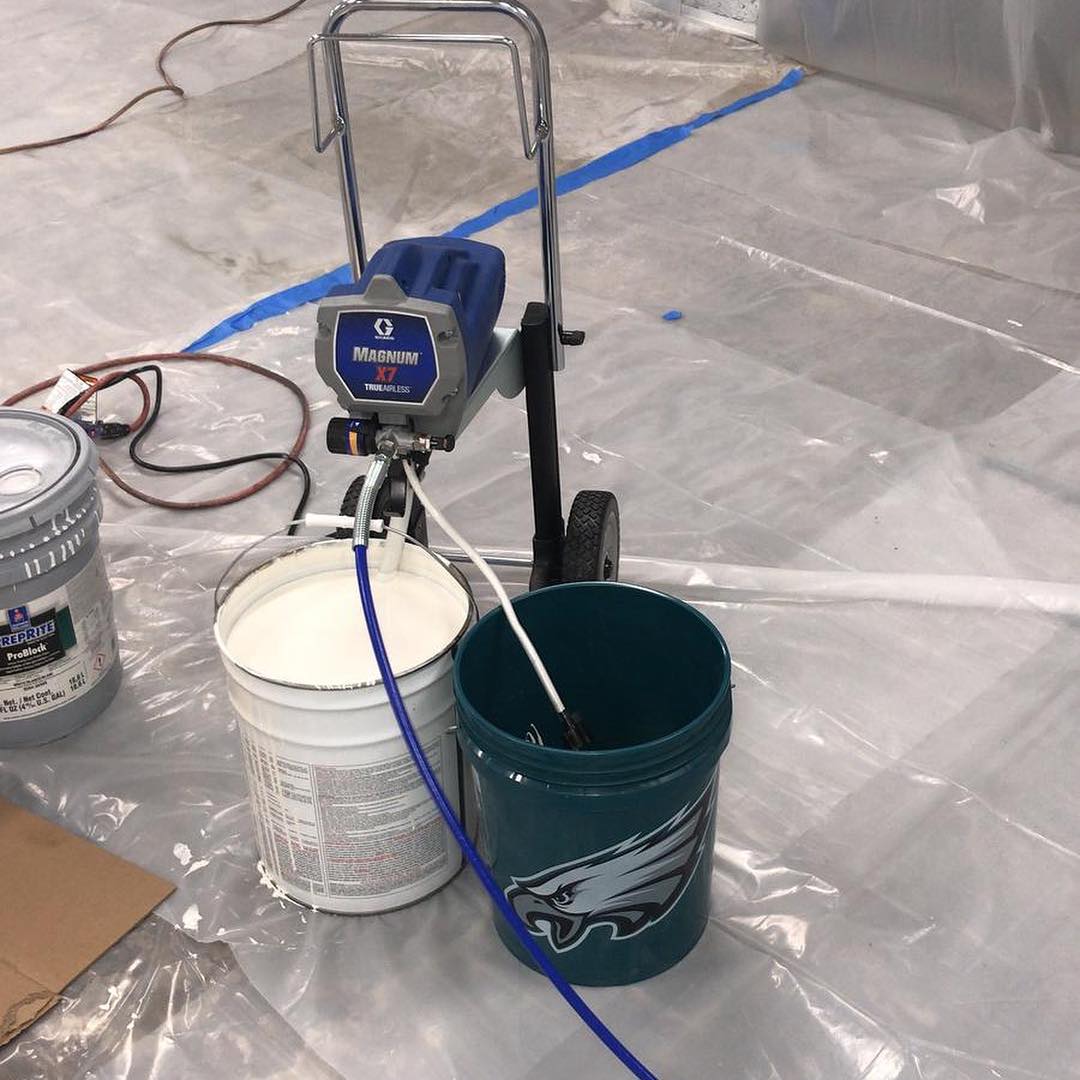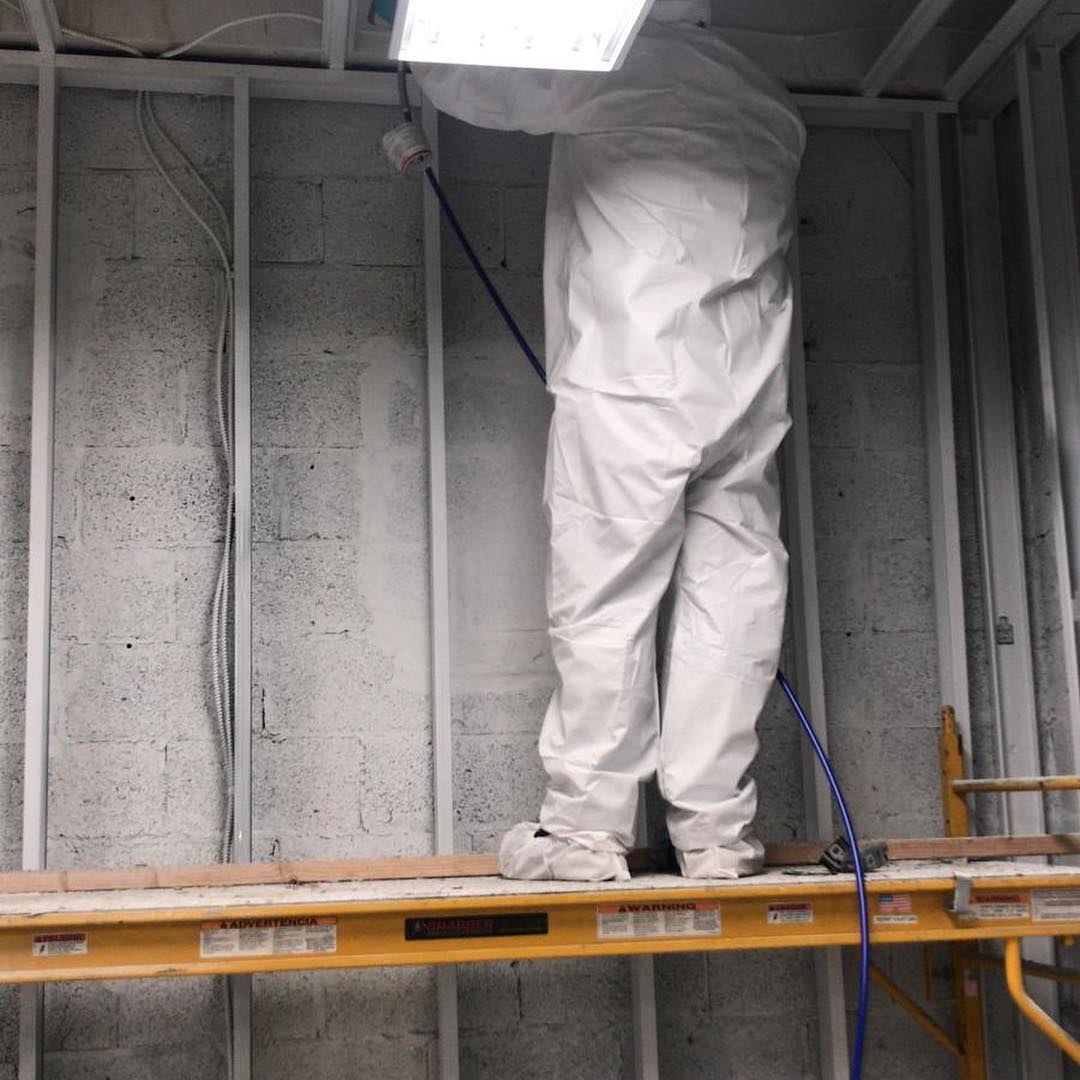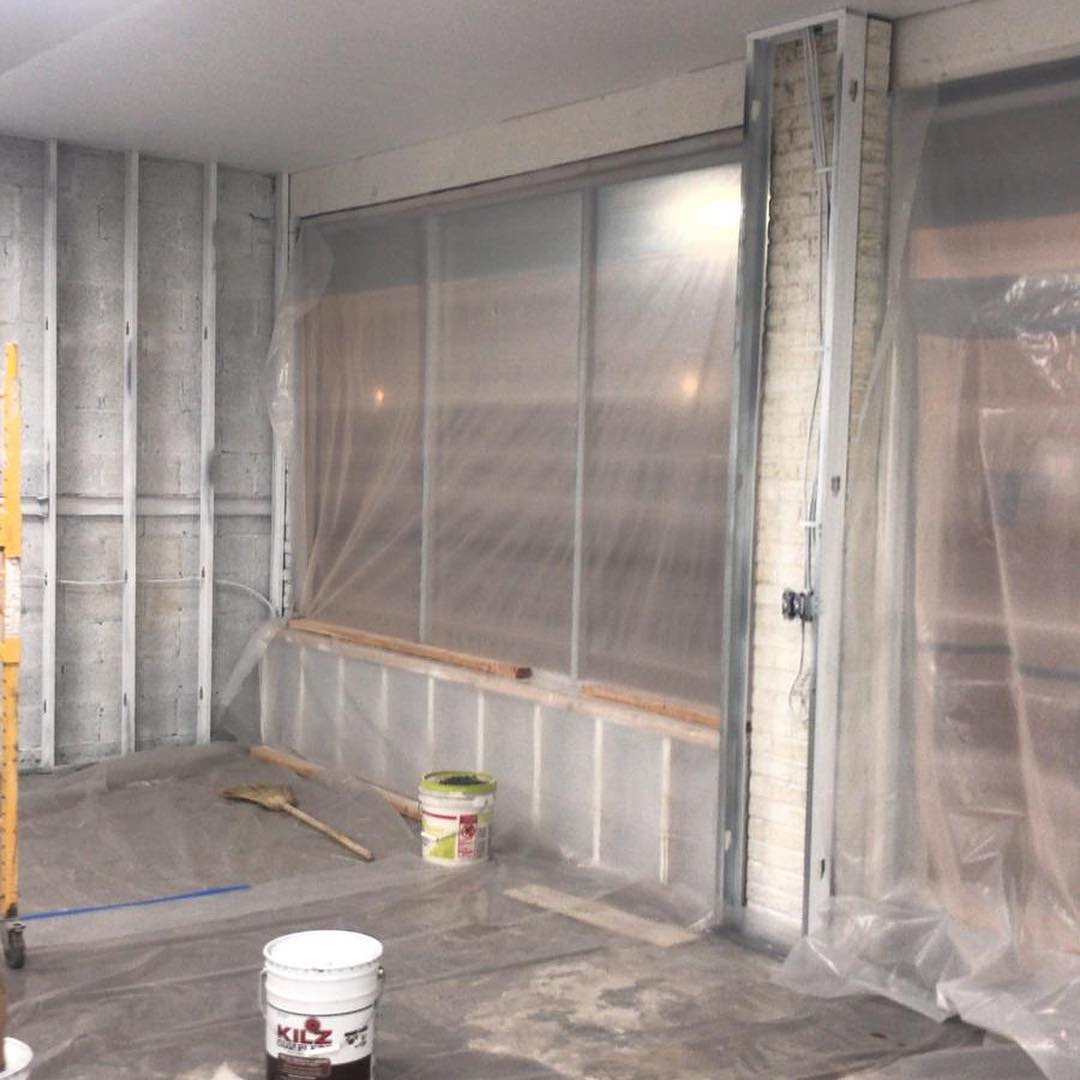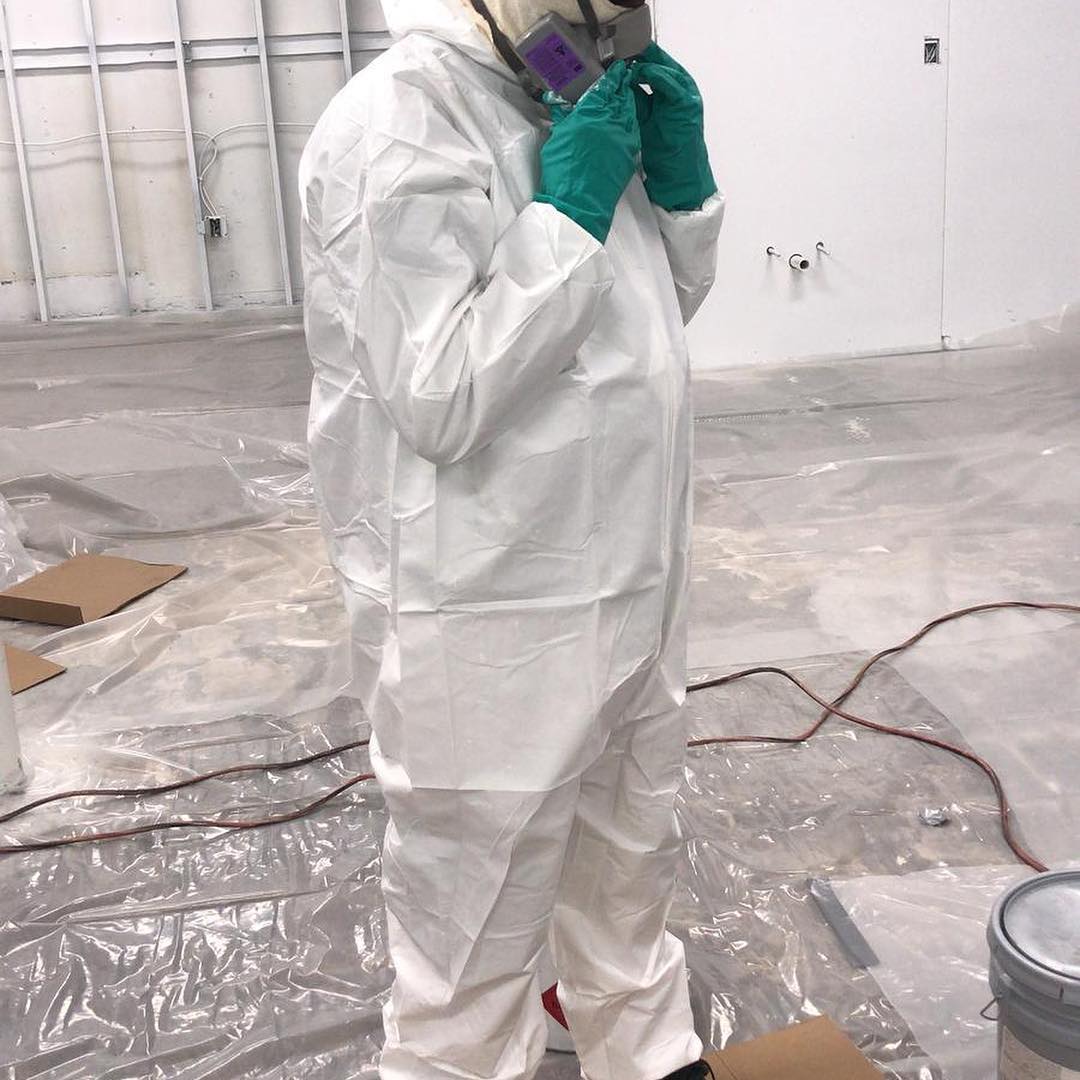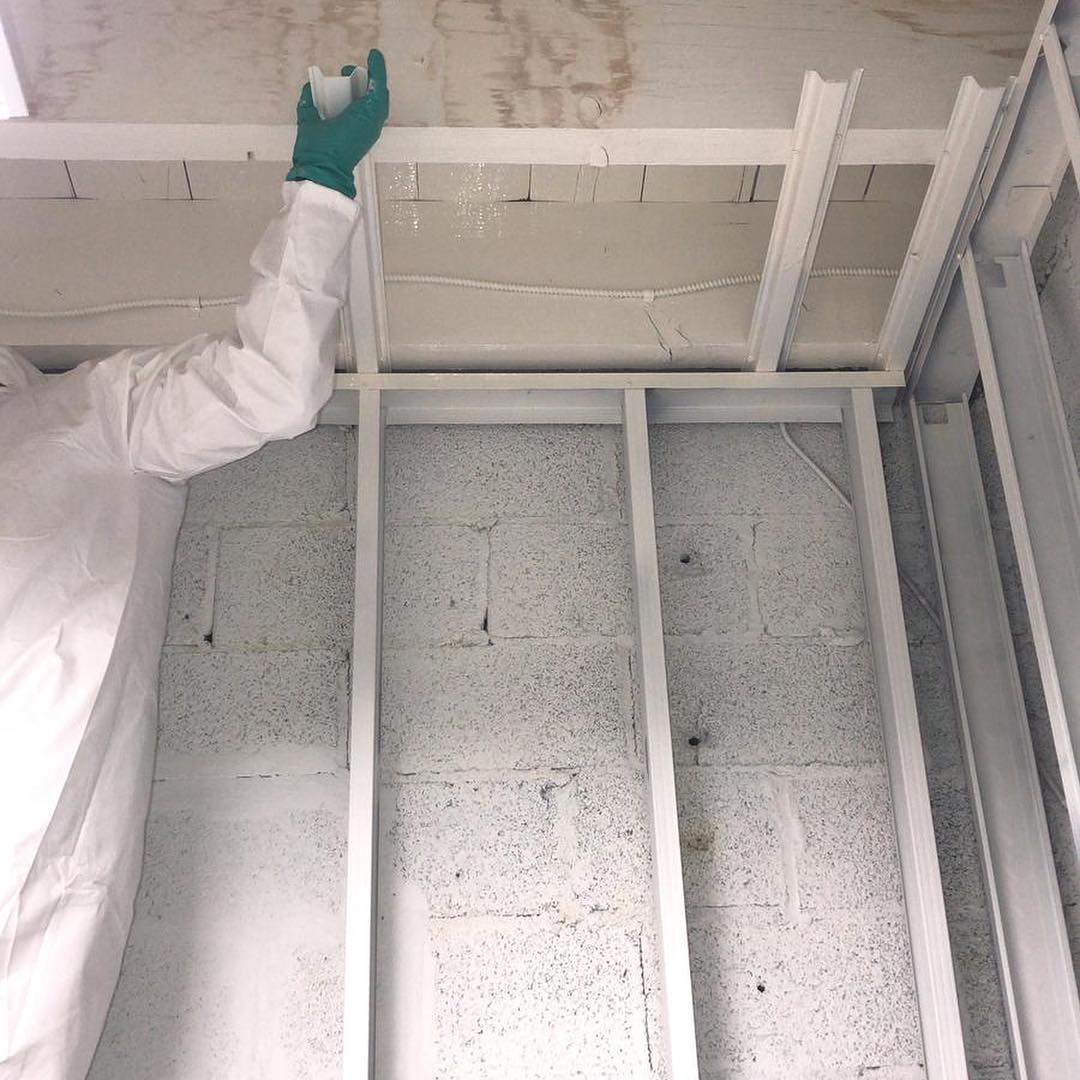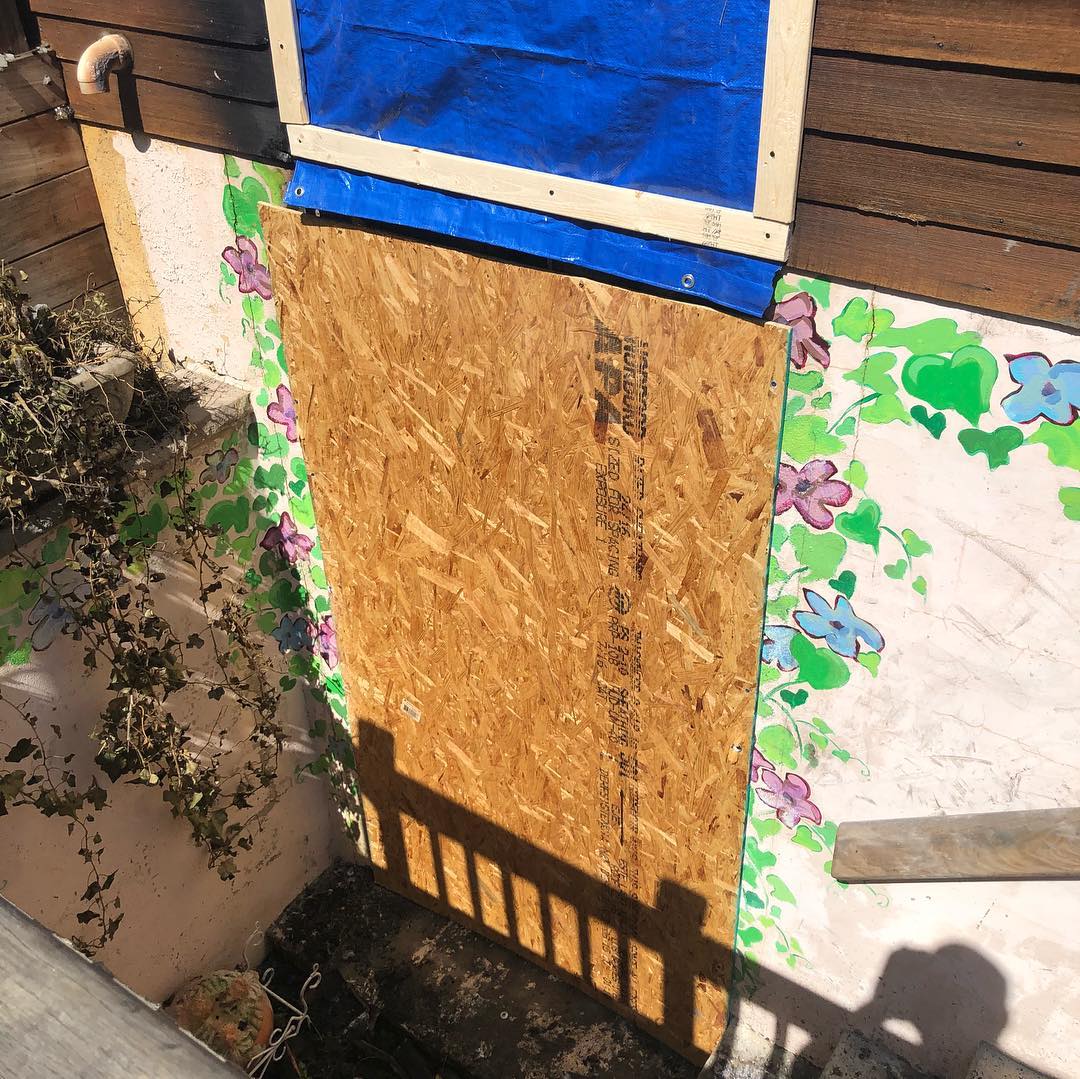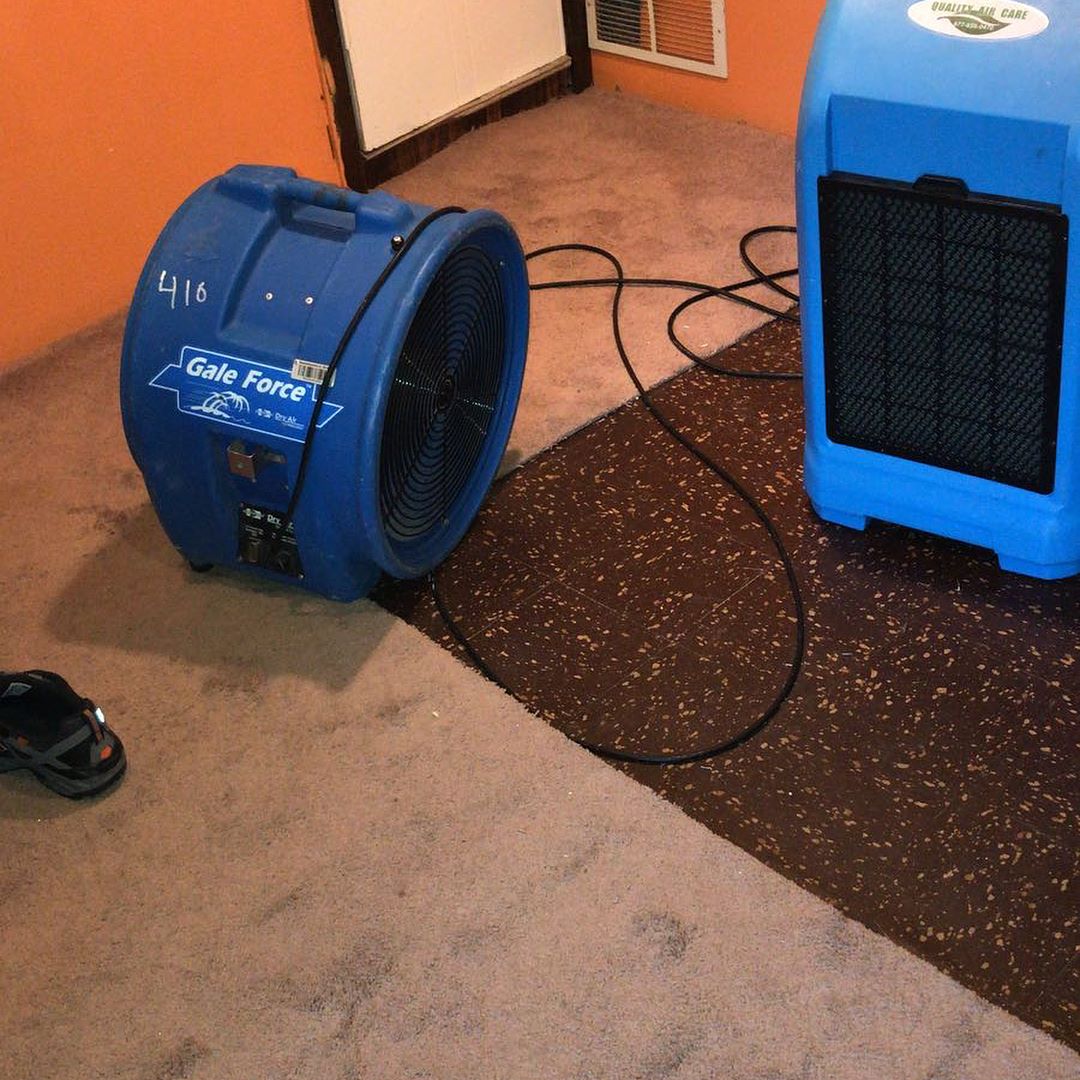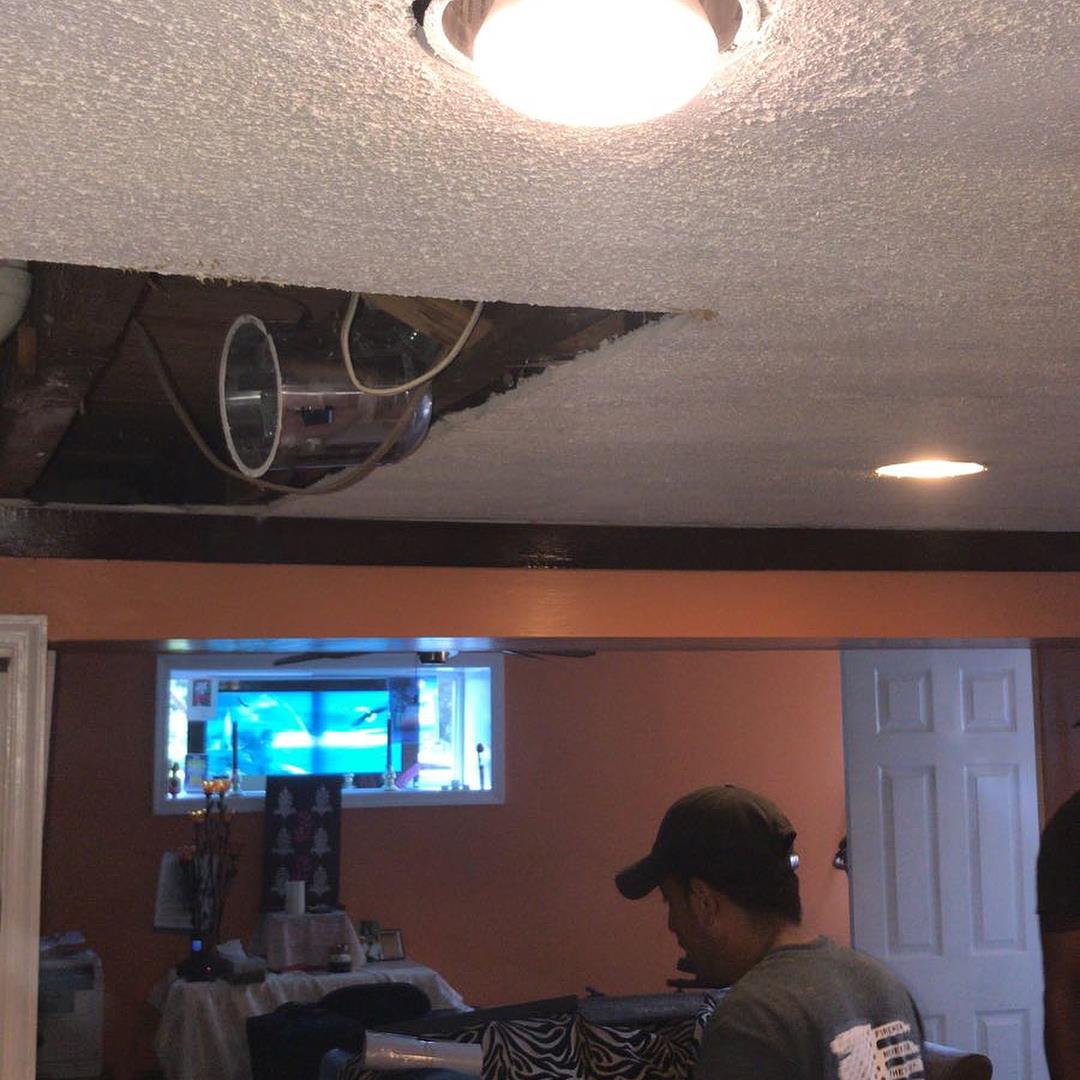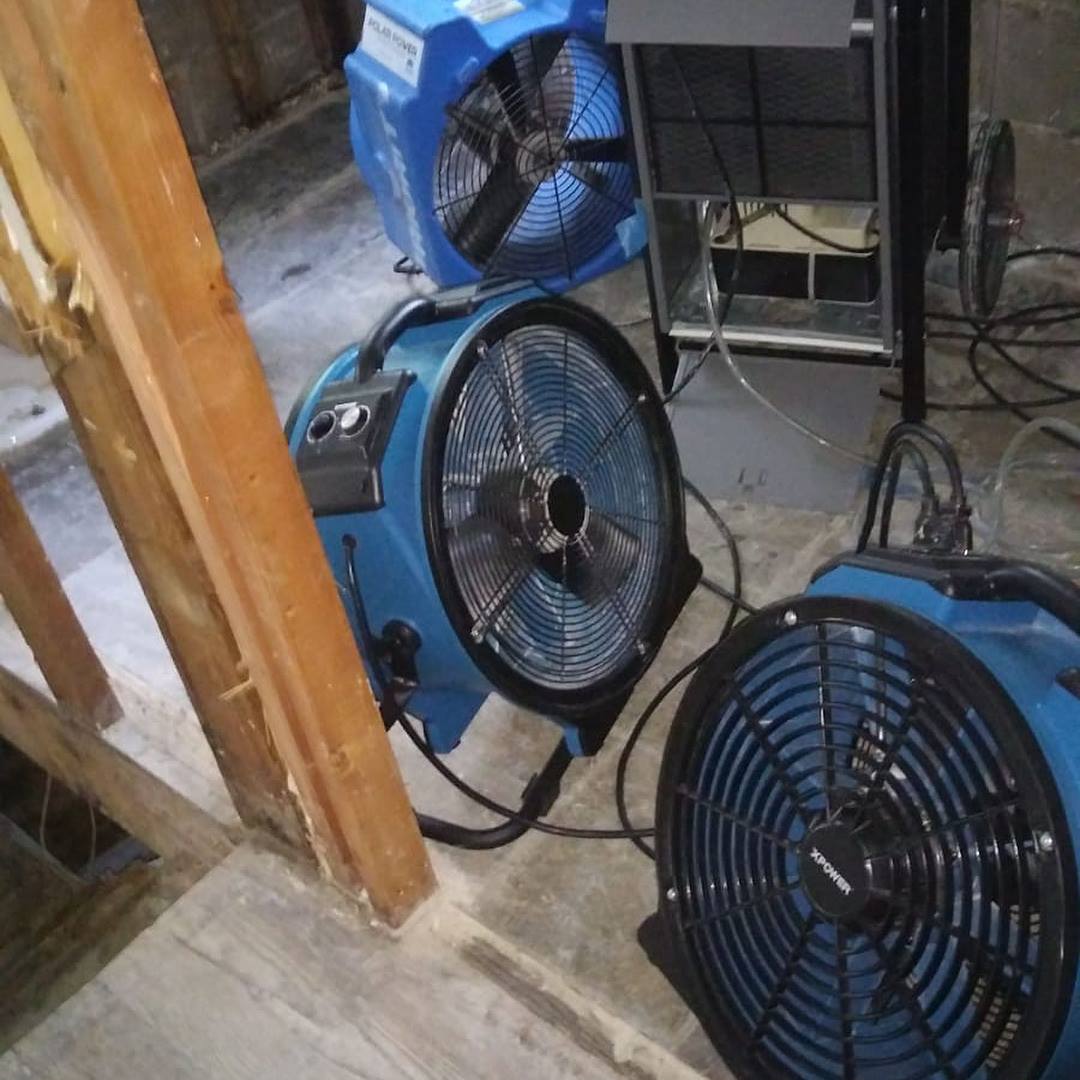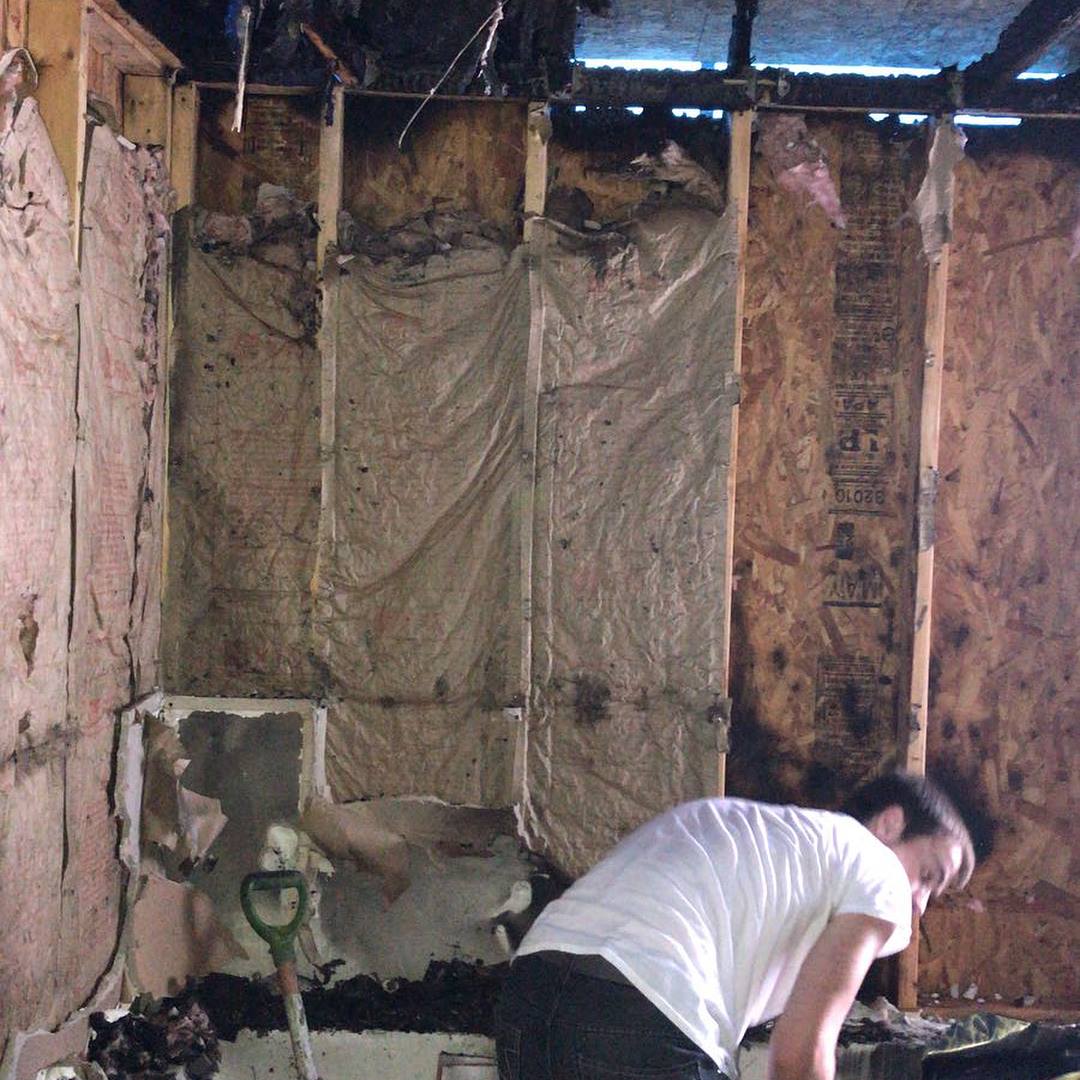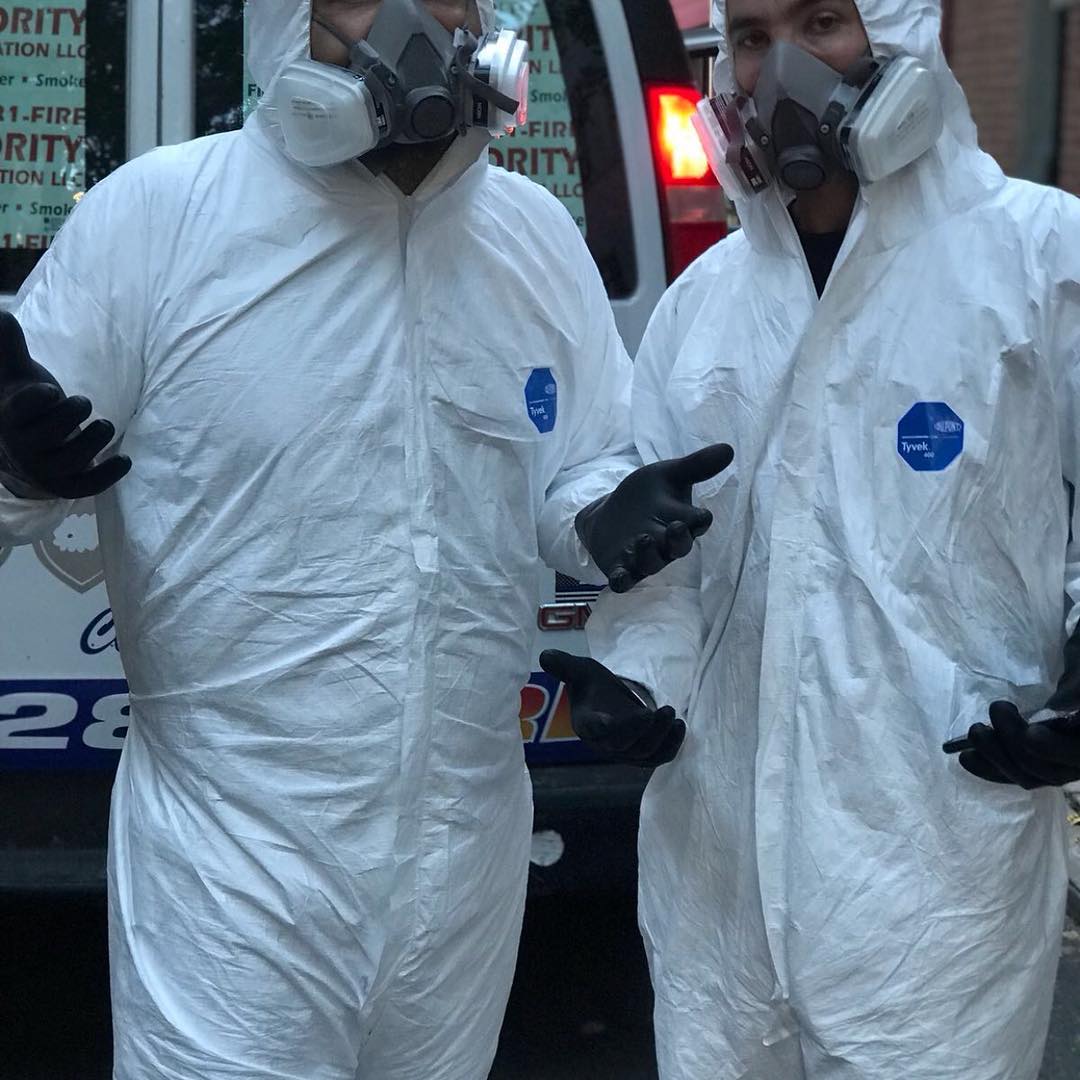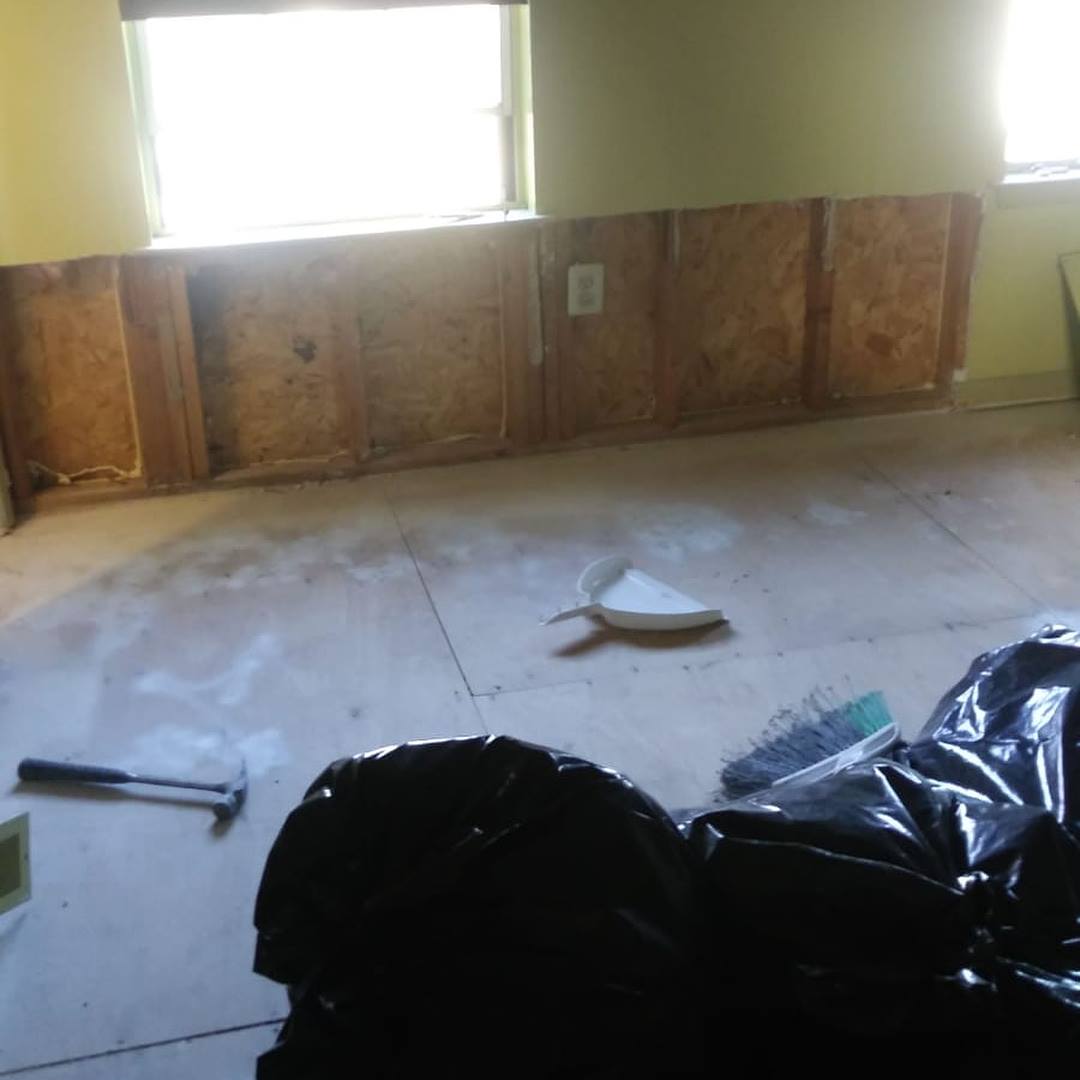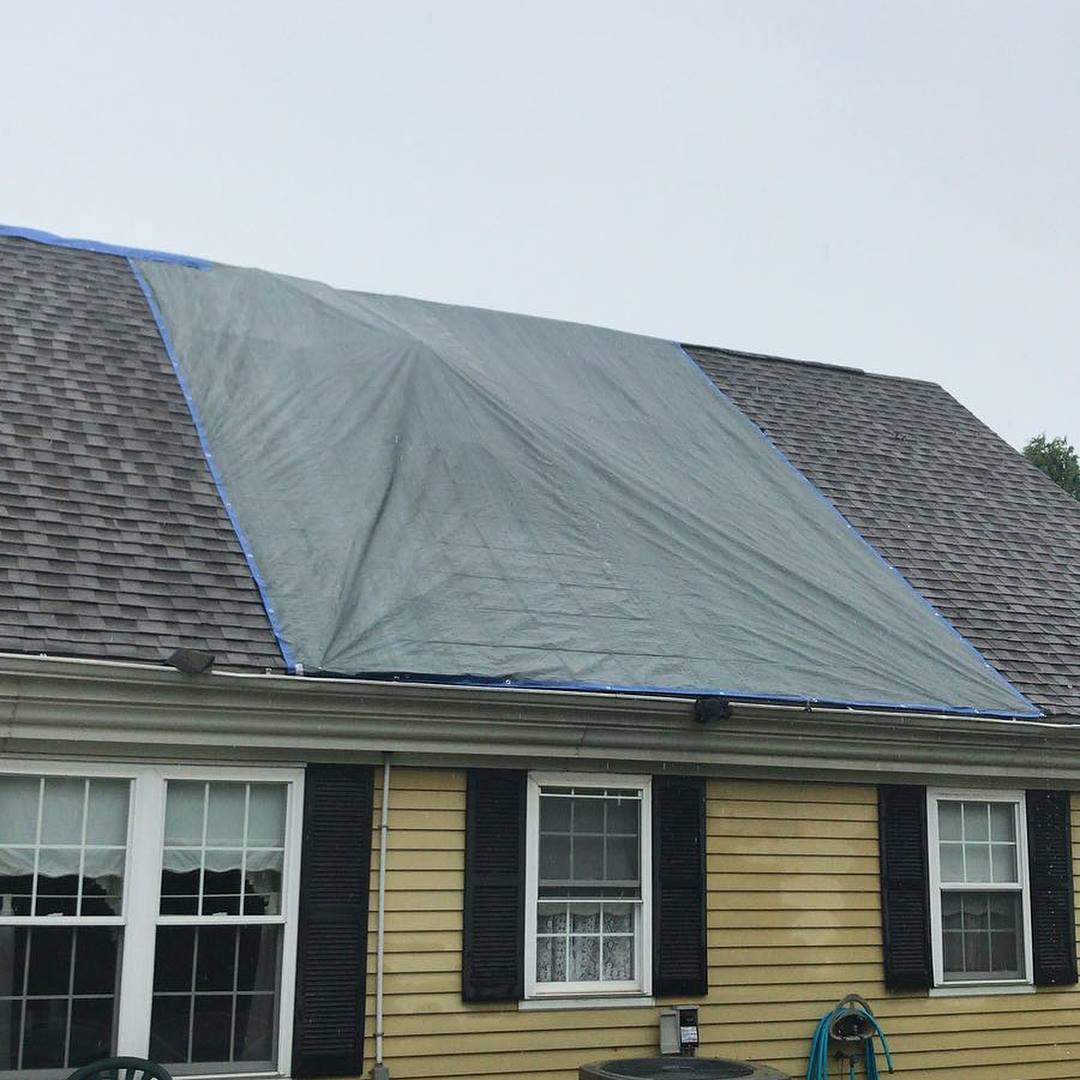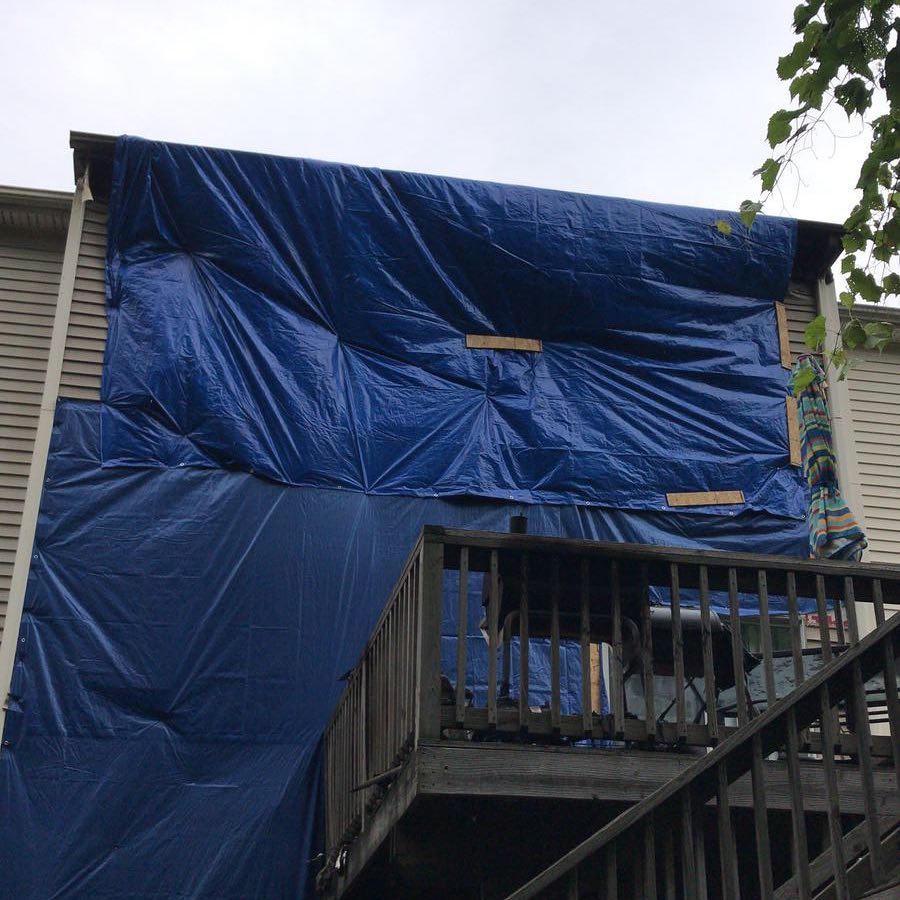
When dealing with basement water damage, you need a reliable and local team of Philly damage restoration experts in your corner. We've restored 100s of properties, both residential and commercial, in the Philly area and we're ready to come out and help you 24/7.
We're certified, insured, and work with all insurance companies. We understand how overwhelming it can be dealing with unexpected damage so let us assist you with your claim so you can focus on getting your life back on track.

Request a Free Estimate
or call (445) 234-4123
By submitting the form, you agree to our Terms of Service and Privacy Policy.
Basement flood damage can be a homeowner's worst nightmare, causing extensive harm to property and leading to costly repairs. At Philly Damage Restoration, we specialize in providing expert solutions for water damage emergencies, including comprehensive basement flood restoration services.
Causes of Basement Flood Damage
Basement flooding can stem from various sources, each posing unique challenges:
- Heavy Rainfall and Storms: Intense rainfall can overwhelm drainage systems, leading to water seepage or outright flooding into basements.
- Sump Pump Failures: Malfunctioning or overwhelmed sump pumps fail to divert water away from the foundation, resulting in flooding.
- Foundation Cracks: Cracks in the basement walls or foundation allow water to seep in during wet weather or thawing snow.
- Poor Grading: Improperly graded landscaping around the home can direct water towards the foundation, increasing the risk of basement flooding.
- Plumbing Issues: Burst pipes, leaking water heaters, or faulty plumbing fixtures can cause sudden basement flooding.
Heavy Rainfall and Storms
Basement flood damage often occurs during periods of heavy rainfall or severe storms. When the amount of rain exceeds the capacity of drainage systems, water can infiltrate basements through cracks in the foundation, gaps around windows and doors, or poorly sealed entry points. This infiltration is exacerbated in homes with inadequate grading around the foundation, where water can pool and eventually seep through vulnerable points. To prevent such damage, homeowners should ensure proper maintenance of drainage systems, including regular inspection and clearing of gutters and downspouts, and ensuring that grading slopes away from the foundation.
Sump Pump Failures
Sump pumps are crucial for directing groundwater away from the foundation of a home. However, if a sump pump fails due to power outages, mechanical malfunctions, or overwhelming water volume, it can lead to basement flooding. Regular maintenance and testing of sump pumps are essential to ensure they are in good working condition when needed most. Installing a backup power source, such as a battery-operated sump pump or a generator, can provide added protection during power outages, reducing the risk of basement flood damage.
Foundation Issues
Cracks in basement walls or the foundation are common entry points for water during periods of heavy rain or snowmelt. Over time, these cracks can develop due to soil settlement, hydrostatic pressure, or structural aging. Properly sealing cracks and addressing foundation issues through waterproofing measures, such as exterior foundation coatings or interior sealants, can help prevent water infiltration into the basement. Regular inspections by a qualified professional can identify potential vulnerabilities early, allowing for timely repairs and reducing the risk of basement flood damage.
Poorly Maintained Gutters and Downspouts
Clogged gutters and improperly positioned downspouts can contribute to basement flood damage by directing water towards the foundation instead of away from it. When gutters are clogged with leaves, debris, or ice dams, water can overflow and spill down the exterior walls, saturating the soil around the foundation. This increases hydrostatic pressure and the likelihood of water entering the basement through cracks or porous materials. Homeowners should clean gutters regularly and ensure downspouts extend at least 6 feet away from the foundation to direct water safely away from the home.
Sewer Backup
During heavy rains, municipal sewer systems can become overwhelmed, causing sewage backups into basements through floor drains or plumbing fixtures. Sewer backups not only result in water damage but also pose health risks due to contaminated water. Installing backwater valves or check valves on sewer lines can prevent sewage from backing up into the basement. Regular maintenance of plumbing systems, including inspection for tree root intrusion and debris buildup, can also reduce the risk of sewer backups and subsequent basement flood damage.
Burst Pipes and Plumbing Leaks
Frozen or burst pipes, as well as leaking plumbing fixtures such as water heaters or washing machines, can release large amounts of water into the basement. These incidents often occur during winter months or due to aging plumbing systems. Proper insulation of pipes in unheated areas, such as basements and crawl spaces, and regular inspection of plumbing fixtures for leaks or signs of wear can help prevent water damage. Prompt repairs of damaged pipes or fixtures are crucial to minimize the impact of plumbing-related basement flood damage.
Dealing with Basement Water Damage
Acting swiftly is key to minimizing damage and reducing restoration costs:
- Safety First: Ensure the electricity is turned off before entering a flooded basement to avoid electrocution risks.
- Water Extraction: Promptly removing standing water using specialized equipment is essential to prevent further damage and mold growth.
- Drying and Dehumidification: Thoroughly drying the affected area prevents mold and mildew growth, preserving the structural integrity of your home.
- Cleaning and Sanitization: Disinfecting surfaces and belongings helps prevent bacterial growth and ensures a safe living environment.
- Restoration: Repairing damaged walls, floors, and belongings restores your basement to its pre-flood condition, ensuring structural stability and aesthetic appeal.
Residential Insurance Policies
Understanding your homeowner’s insurance coverage is crucial for handling basement flood damage:
- Coverage Types: Most standard policies cover sudden and accidental water damage, such as burst pipes. However, flood damage caused by external sources (like storms or sewer backups) may require separate flood insurance.
- Policy Review: Regularly review your insurance policy with your provider to ensure adequate coverage for basement flood damage.
- Claims Process: Document the damage with photos and videos, and promptly file a claim with your insurance provider to expedite the restoration process.
Trust Philly Damage Restoration for Basement & Cellar Water Damage Restoration
At Philly Damage Restoration, we offer 24/7 emergency response services to address basement water damage promptly and effectively. Our team of certified professionals utilizes advanced techniques and equipment to restore your home to its pre-flood condition swiftly and efficiently. Whether it’s water extraction, drying, or complete restoration, trust us to handle every aspect of your basement flood damage restoration with care and expertise.
Frequently Asked Questions About Basement Flood Damage in Philly
Basement flood damage can be caused by heavy rainfall, sump pump failures, foundation cracks, poorly maintained gutters, sewer backups, and burst pipes or plumbing leaks.





















